The modern world of enhanced brevity and rapidly consumed content is full of quotes by inspirational thinkers, leaders, artists, and, perhaps most notably, writers. Memorable quotes are ubiquitous on social media feeds, often referenced by politicians, and are plastered across any variety of merchandise, painted signs, and greeting cards.
In the following quiz, put together a list of 50 famous quotes and the writers who coined them using data gathered from , newspapers, magazines, book and poetry foundations, and author websites.
Many of these quotes have become part of a common language. Others may be trickier to place. Some of the most popular quotes, which get repeatedly splashed around social media, are ; others are completely inaccurate altogether.
It’s impossible to overstate the power of writers to inspire, comfort, or cure us from our experiences of loss, confusion, or flat-out boredom. They provide us with expansive bodies of work filled with snippets of gold. Poets often work to provide the most impact while taking up the least amount of space, but all writers are capable of expelling brilliant little quips of authentic wisdom, truth, and absurdity. They simply fall out of them.
If by chance there aren’t enough handy quotes in your lexicon, there are plenty in the following quiz, ranging from topics as disparate as politics and the tragedies of the human experience. It’s a good thing too, as they come in handy and don’t require much effort. Like author Dorothy L.Sayers says, “I always have a quotation for everything—it saves original thinking.”

PKpix // Shutterstock
Quote #1
Quote: “Being human is not hard because you’re doing it wrong, it’s hard because you’re doing it right.”

Astrid Stawiarz // Getty Images for Together Live
Answer #1
Answer: Written by Glennon Doyle in her bestselling book “Untamed,” this quote speaks to the reader about the hardships of being human, and the worth of confronting those hardships head-on. Doyle has experienced profound changes in her journey of personal discovery, including going through a divorce, going sober, and working to recover from bulimia.

GalacticDreamer // Shutterstock
Quote #2
Quote: “Freedom is... the right to write the wrong words.”
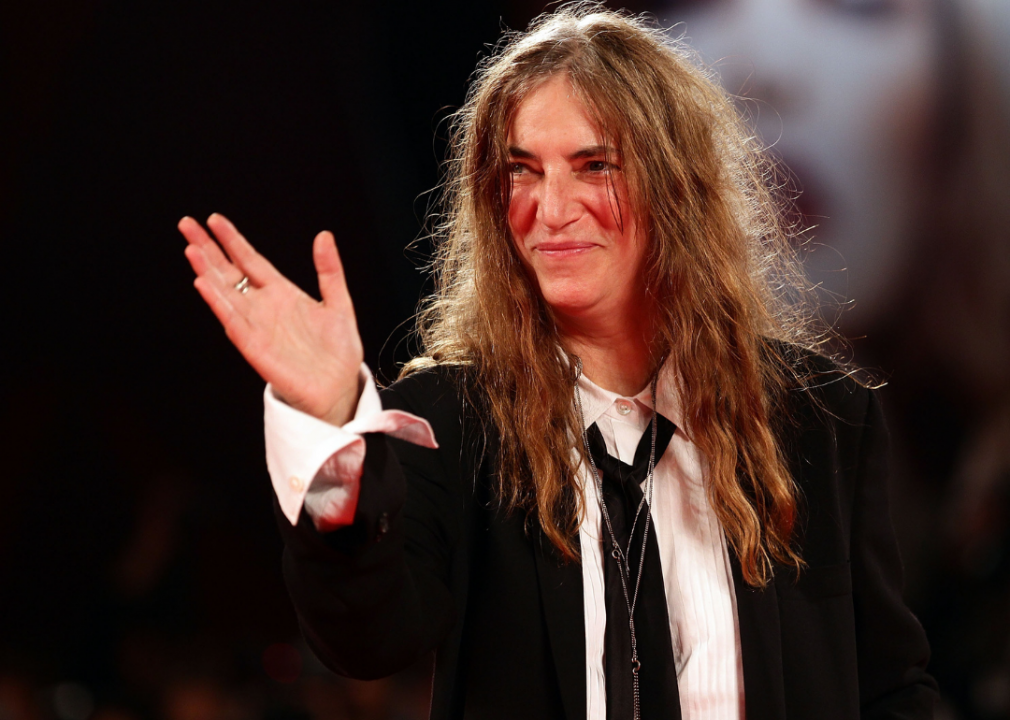
Vittorio Zunino Celotto // Getty Images for Lancia
Answer #2
Answer: Patti Smith coined this phrase and many others you’ve likely heard. A writer, activist, singer, and performer, Smith is the kind of writer who writers aspire to emulate. She has had one of the most remarkable careers of any American artist in the 20th century, writing extensively about her experiences throughout. She received the National Book Award for “Just Kids” in 2010 and her album “Horses” was listed by Rolling Stone as one of the best of all time.
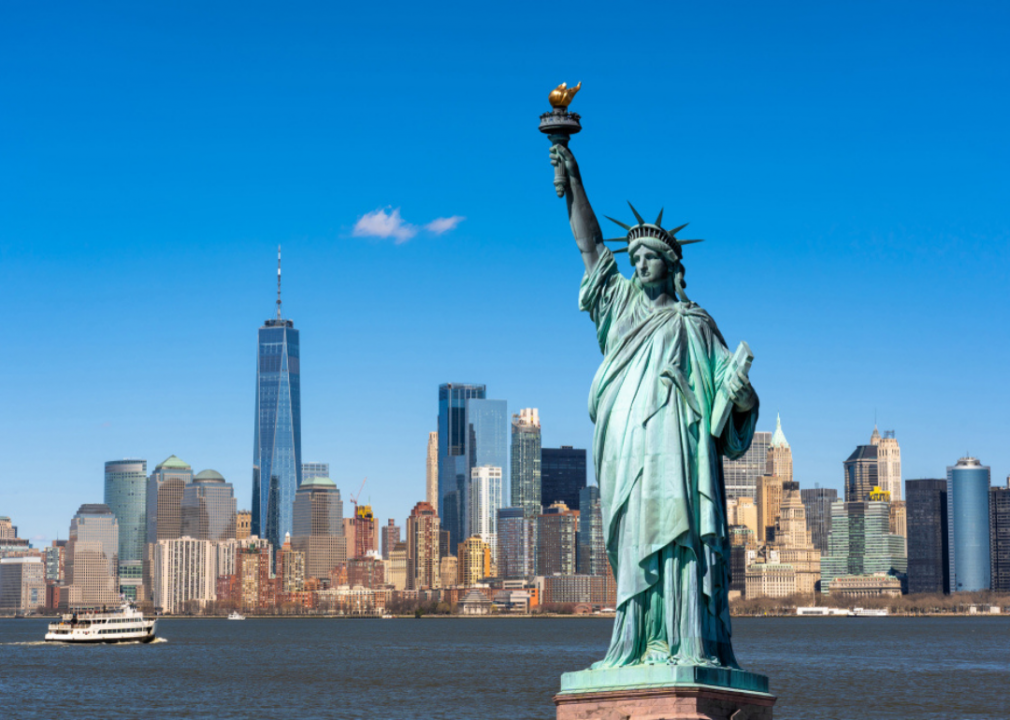
TZIDO SUN // Shutterstock
Quote #3
Quote: “America I’ve given you all and now I’m nothing.”
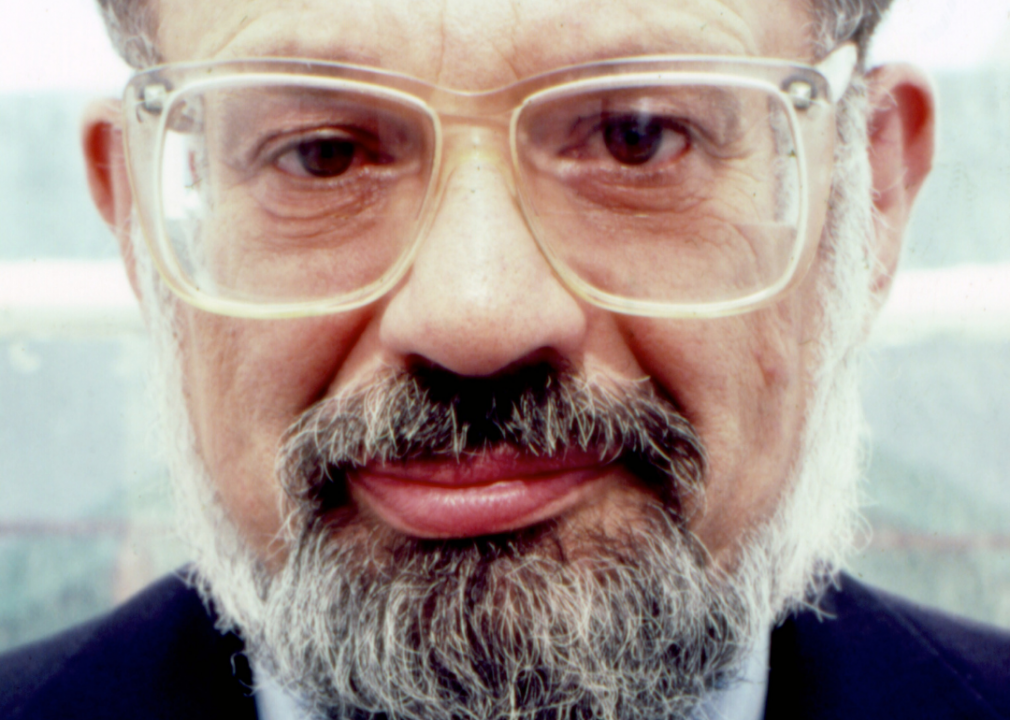
Anthony Barboza // Getty Images
Answer #3
Answer: Allen Ginsberg helped define the Beat Generation, alongside friends and fellow writers including Jack Kerouac and William S. Burroughs. The quote is from his poem which provides insight into how he reflected on the state of the country in 1956. Ginsberg’s other great works include the epic poem “Howl” and “Kaddish and Other Poems.” He incorporated political activism into his work and was a student of Buddhist philosophy.

xu3l54tj06 // Shutterstock
Quote #4
Quote: “And the day came when the risk to remain tight in a bud was more painful than the risk it took to blossom.”
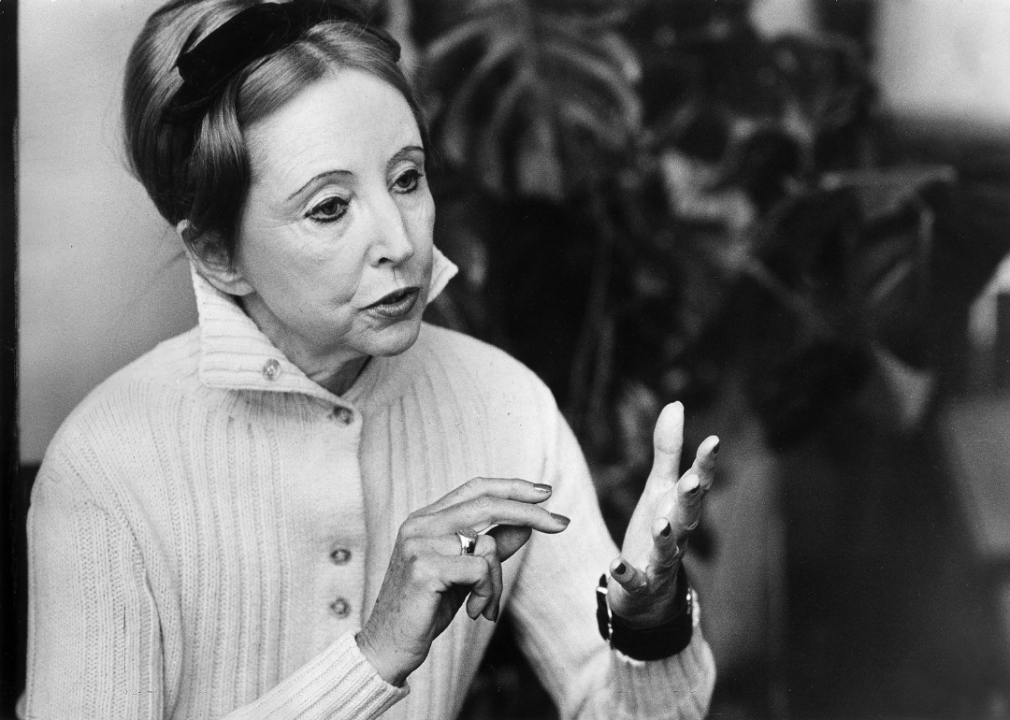
ullstein bild // Getty Images
Answer #4
Answer: Anaïs Nin's prolific career included an expansive series of diaries and a number of novels. Born in France in 1903, Nin became enmeshed in the midcentury sexual revolutions of Paris, and wrote exquisitely, with great depth, about her experiences with love, relationships, and the experience of being human. Her book “Delta of Venus” is a collection of erotica that was commissioned by a private collector.

Jess Kraft // Shutterstock
Quote #5
Quote: “I love America more than any other country in the world and, exactly for this reason, I insist on the right to criticize her perpetually.”
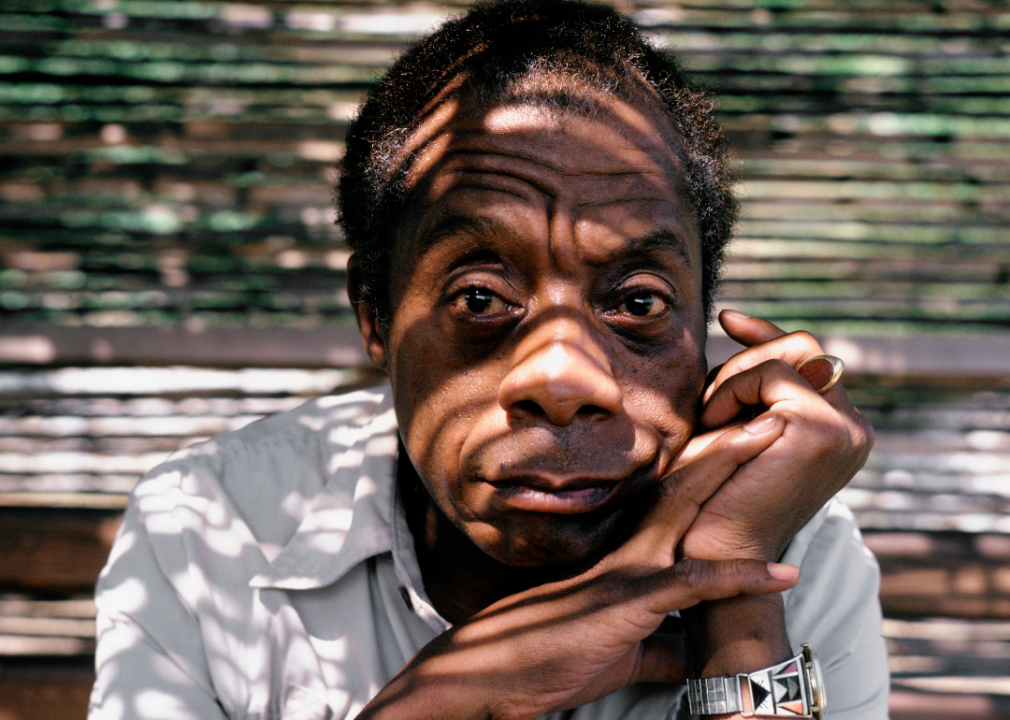
Ulf Andersen // Getty Images
Answer #5
Answer: James Baldwin, born Aug. 2, 1924, is known for his novels, plays, and his analyses of race and civil rights. He was a persistent advocate for free speech, racial justice, and protest, and lived as an openly gay man. His works include powerful criticisms of discrimination and prejudice. Baldwin died from stomach cancer in 1987.

Canva
Quote #6
Quote: “The stories we tell ourselves can feel like a weapon to someone else.”
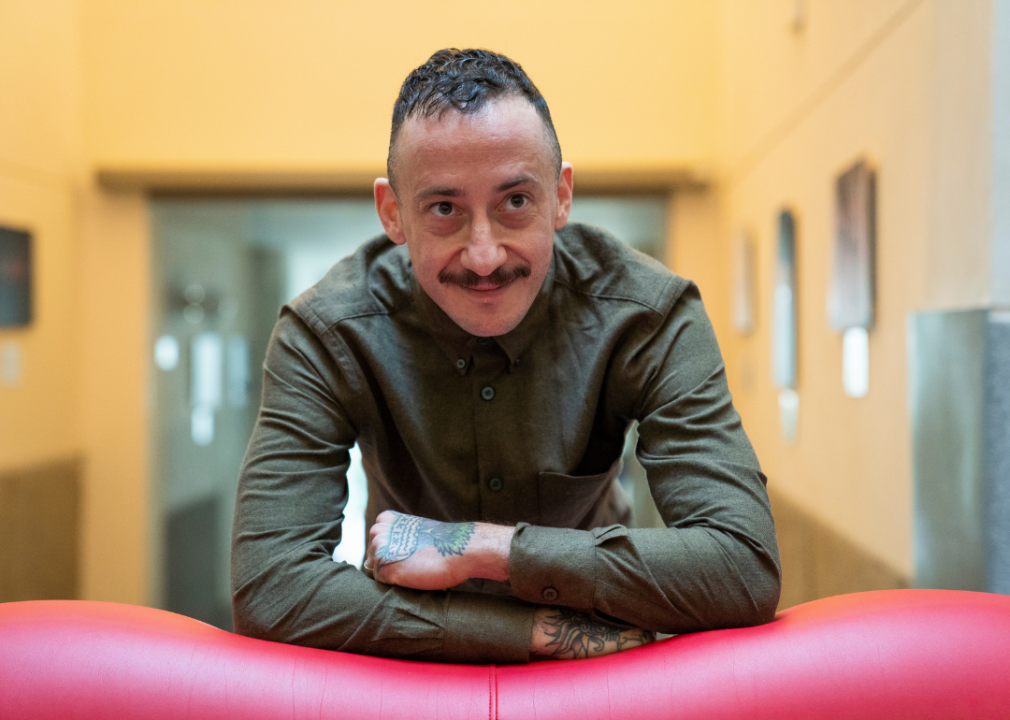
Oscar Gonzalez/NurPhoto // Getty Images
Answer #6
Answer: Thomas Page McBee wrote about his experiences and what it means to be a transgender man in “Man Alive,” which numerous publications agreed was one of the best books of 2014. McBee's work explores gender and masculinity—but above all, he asks what it means to be human. McBee’s writing has appeared in the New York Times, Glamour, and Playboy among many other outlets.

Daisy Daisy // Shutterstock
Quote #7
Quote: “What I regret most in my life are failures of kindness.”
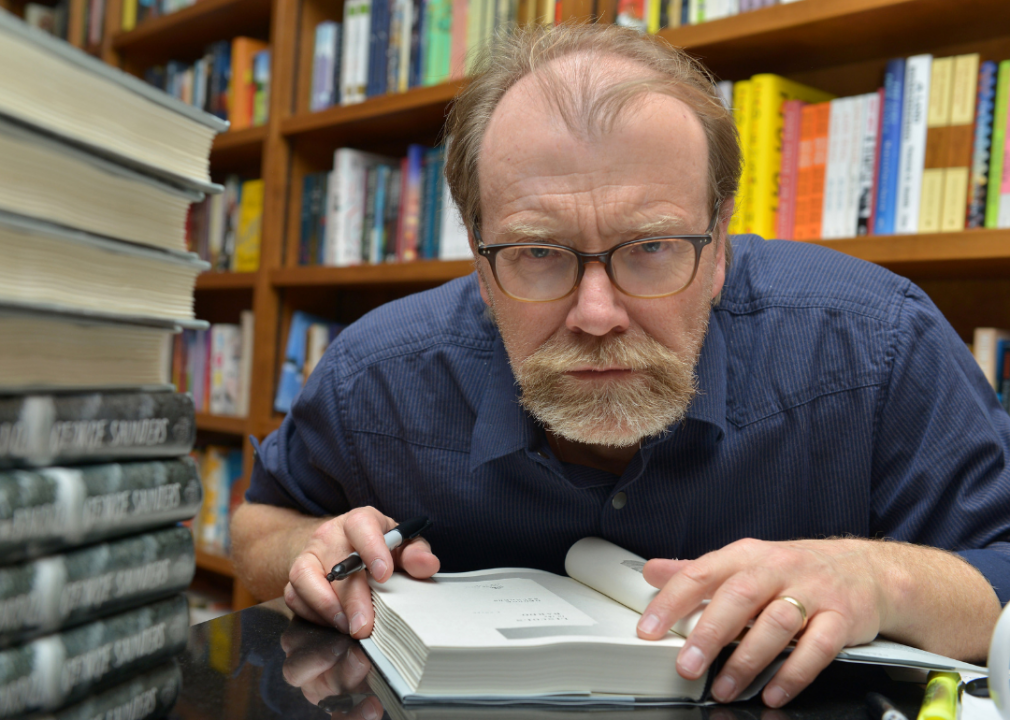
Johnny Louis // Getty Images
Answer #7
Answer: The essayist, novelist, and professor George Saunders included this line in his collection of essays titled “The Braindead Megaphone.” Saunders didn’t get his start until later in life, spending his early years working in some odd places, like a slaughterhouse in Texas, and as an oil field explorer in Sumatra. After receiving a master of arts from Syracuse University, where he now teaches, Saunders went on to write numerous books of short works, including revolutionary pieces of fiction like his novel, “Lincoln in the Bardo.”

sianstock // Shutterstock
Quote #8
Quote: “How you love yourself is how you teach others to love you.”

Jared Siskin // Getty Images
Answer #8
-Answer: Rupi Kaur’s work is everywhere, and is especially prevalent in just about anyone’s social media feed. The Canadian poet, performer, and artist wrote, illustrated, and self-published her first book “Milk and Honey” and her second book “The Sun and Her Flowers.” Together, these books have been translated into 42 languages and sold more than 8 million copies worldwide. Her work focuses on loss, healing, and growth.

Oleksii Didok // Shutterstock
Quote #9
Quote: “Poets are damned but they are not blind, they see with the eyes of angels.”
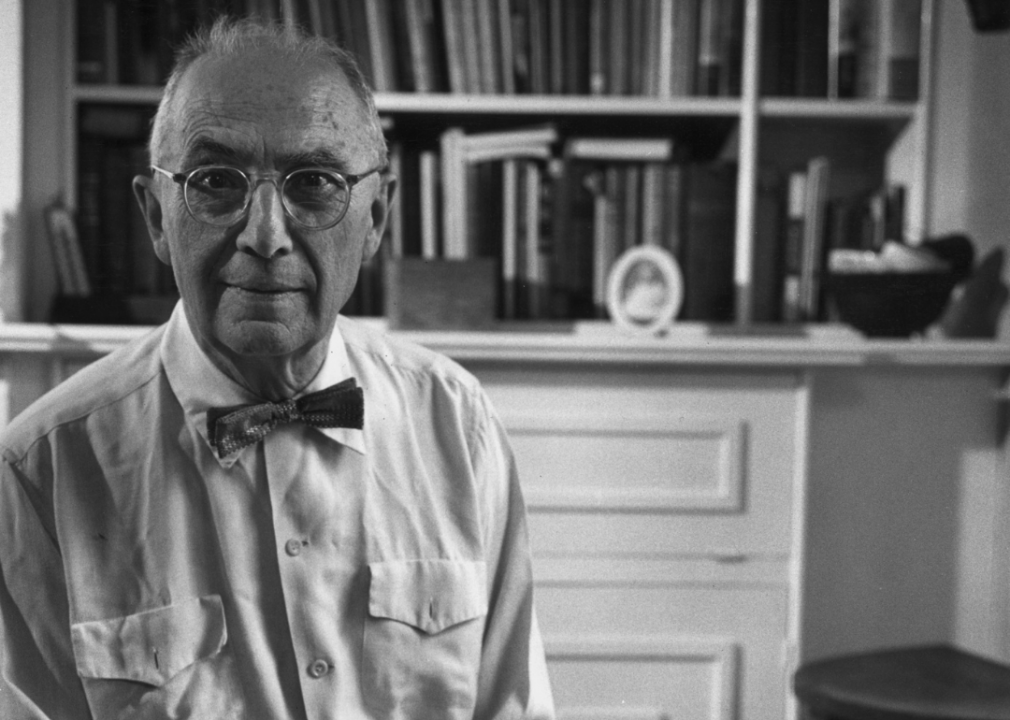
Hulton Archive // Getty Images
Answer #9
Answer: Born in Rutherford, New Jersey on Sept. 17, 1883, William Carlos Williams spent his life working as a doctor while also writing poems, plays, short stories, and other works. His poetry was recognized with a Pulitzer Prize and Gold Medal for Poetry of the National Institute of Arts and Letters, among other awards. One of Williams’ most prolific works, is an epic poem filling six books.

Patiwat Sariya // Shutterstock
Quote #10
Quote: “We shall not cease from exploration, and the end of all our exploring will be to arrive where we started and know the place for the first time. Only those who will risk going too far can possibly find out how far one can go.”
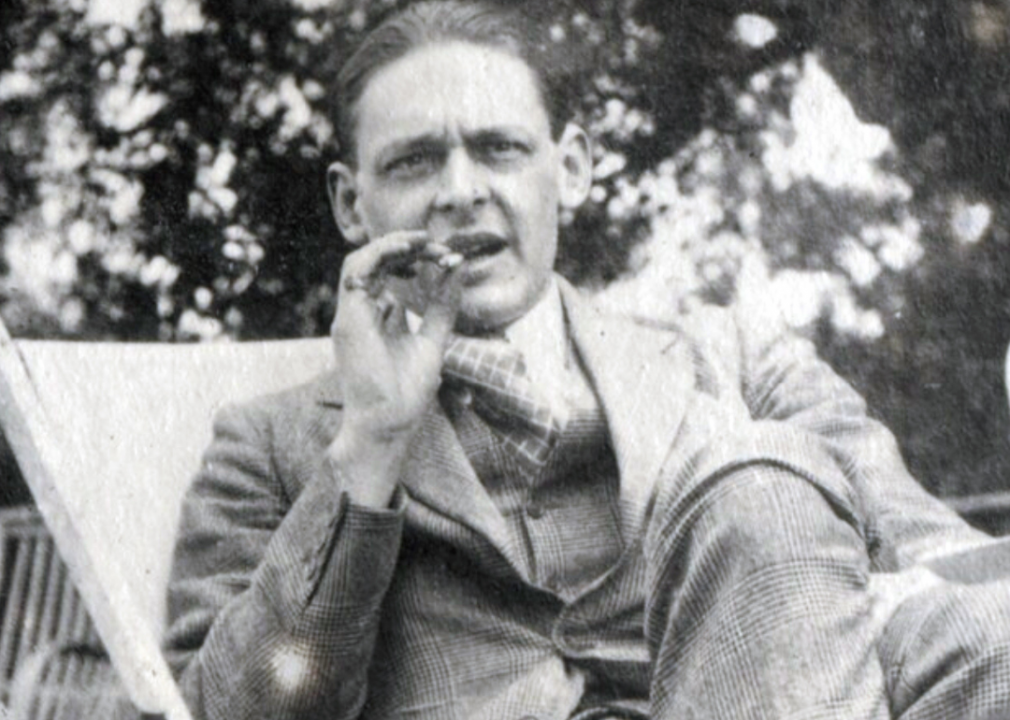
Lady Ottoline Morrell // Wikimedia Commons
Answer #10
Answer: Thomas Stearn Ellion, more widely known as T. S. Elliot, produced a prodigious amount of work during his life. Born in St. Louis, Elliot later set down roots in Europe. His works attained him worldwide fame, a Nobel Prize, and honorary doctorate degrees. is one of his most well-known works, and a lasting contribution to American literature.

fizkes // Shutterstock
Quote #11
Quote: “You are never stronger... than when you land on the other side of despair.”
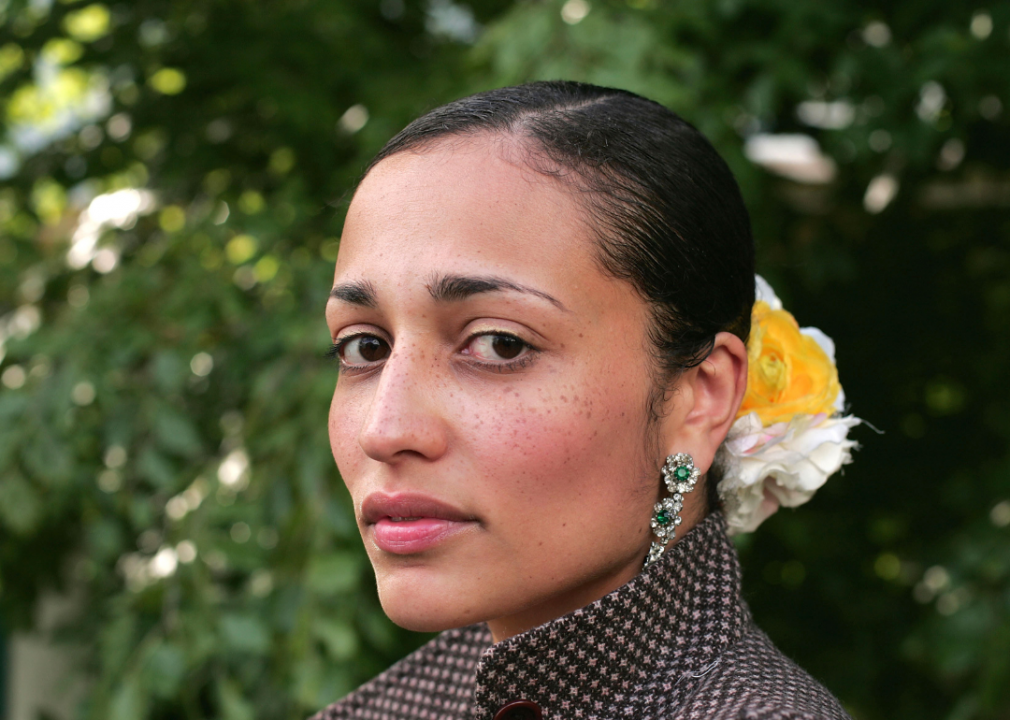
David Levenson // Getty Images
Answer #11
Answer: Novelist and essayist Zadie Smith has made a wide impact with her written work. Born in London in 1975, Smith now teaches at New York University. Some of her most recognizable works include “White Teeth” and “Changing My Mind.” Her work has also been featured in the Guardian, the New York Times, and the New Yorker.

Mikhail Kolesnikov // Shutterstock
Quote #12
Quote: “Everything I’ve ever let go of has claw marks on it.”
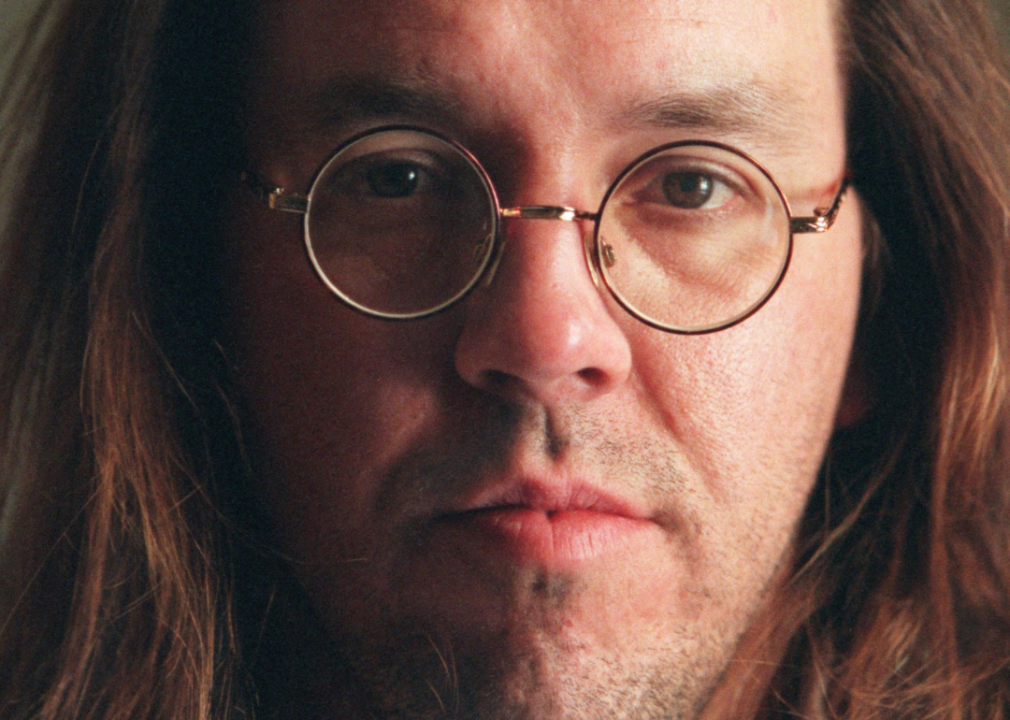
Star Tribune // Getty Images
Answer #12
Answer: The many works of David Foster Wallace include the 1,088-page novel “Infinite Jest” and “A Supposedly Fun Thing I’ll Never Do Again: Essays and Arguments.” His 2005 commencement speech for graduating students at Kenyon College, called became a viral hit and contained many insights into his timeless mind. Wallace died by suicide in September 2008 at 46.

pikselstock // Shutterstock
Quote #13
Quote: “Do anything, but let it produce joy.”
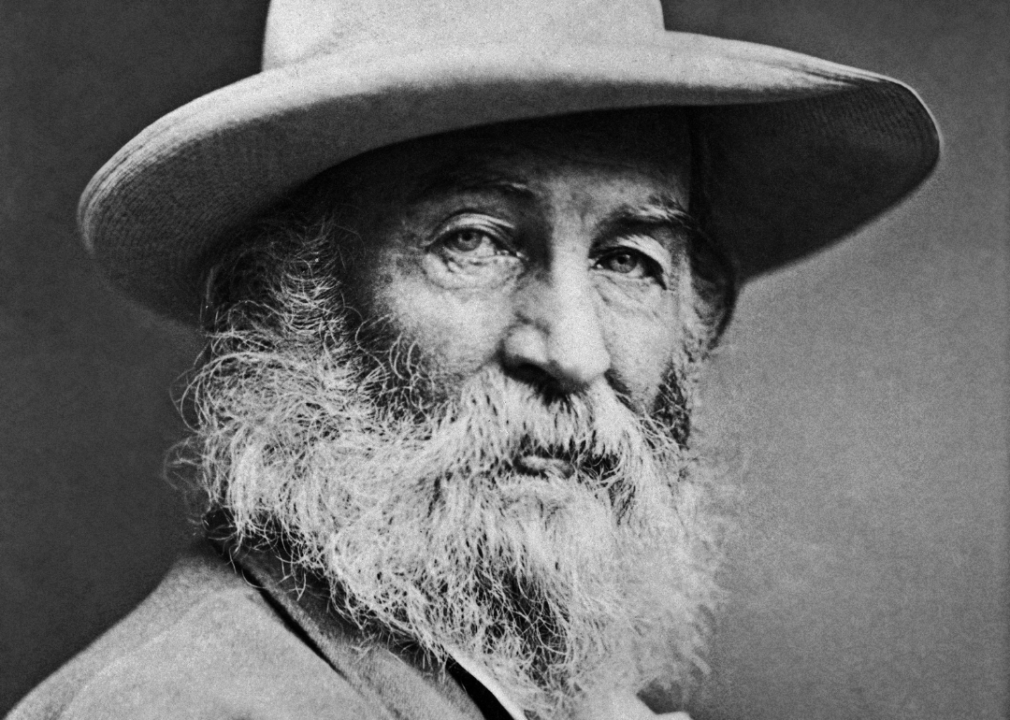
Underwood Archives // Getty Images
Answer #13
Answer: Walt Whitman shows what poets can do with minimal words and a finite amount of space, which is not to say that he didn’t produce lengthy works. Yet Whitman had the ability to symbolize a great deal about universal truths in a single phrase. The above quote is from his most famous work, “Leaves of Grass,” which contained three long poems.

El Nariz // Shutterstock
Quote #14
Quote: “The Heart wants what it wants—or else it does not care.”
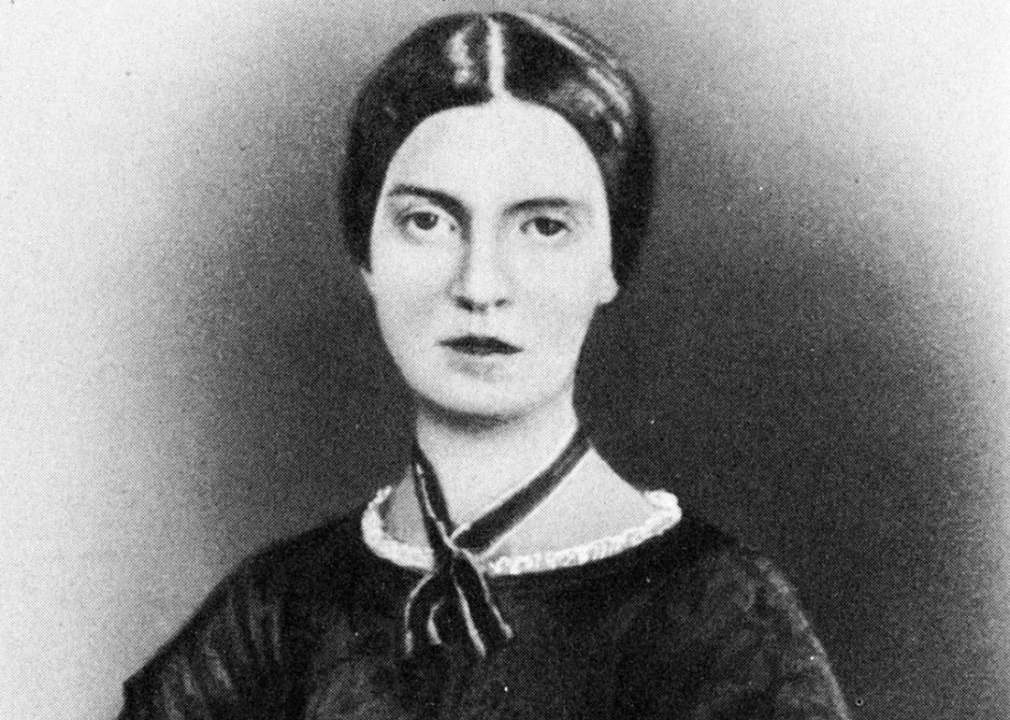
Culture Club // Getty Images
Answer #14
Answer: Widely known as one of the greatest American poets of all time, Emily Dickinson produced a , only a tiny fraction of which was published during her life. Her first published poetry collection, produced by colleagues she’d known in life, came out in 1890, though the initial edition suffered extensive edits. Her complete works weren’t published until 1955.

blvdone // Shutterstock
Quote #15
Quote: “To be yourself in a world that is constantly trying to make you something else is the greatest accomplishment.”
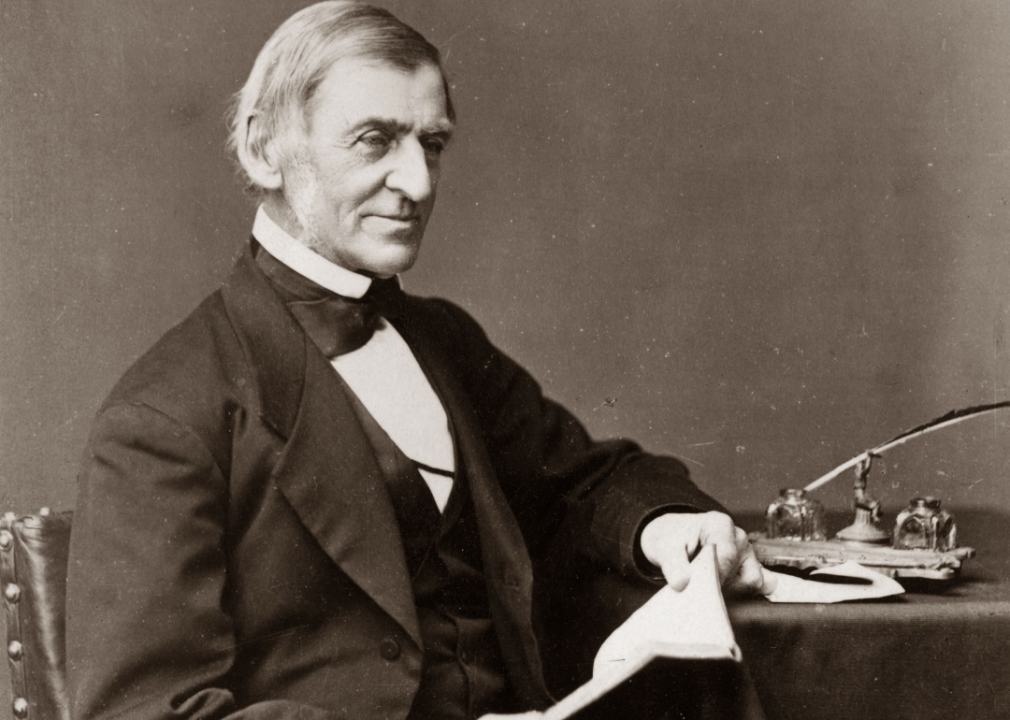
Otto Herschan Collection // Getty Images
Answer #15
Answer: The author of “Self-Reliance and Other Essays,” among other books and collections, Ralph Waldo Emerson was first a Unitarian minister before deciding to become a writer. His writing admonished the values of religious conservatives, and he is considered the originator of the school of thought known as Transcendentalism. His work lives on and remains influential today.

Cookie Studio // Shutterstock
Quote #16
Quote: “Rather than love, than money, than fame, give me truth.”
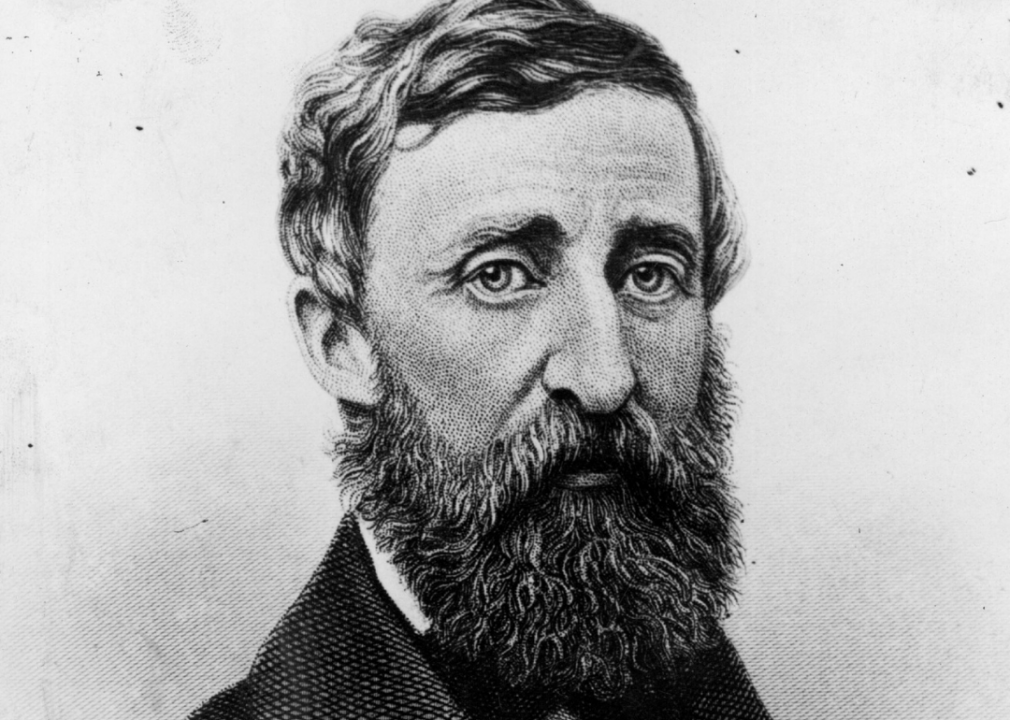
Hulton Archive // Getty Images
Answer #16
Answer: Few books on the art of simplicity and minimalism have remained as timeless as Henry David Thoreau’s which he wrote while living mostly alone in the Massachusetts woods on the edge of Walden Pond. His works created inspiration for many leaders born after him, especially on topics like civil disobedience, and nonviolent resistance. His writing is often credited for helping spark the modern environmental preservation movement.

wavebreakmedia // Shutterstock
Quote #17
Quote: “Do one thing every day that scares you.”
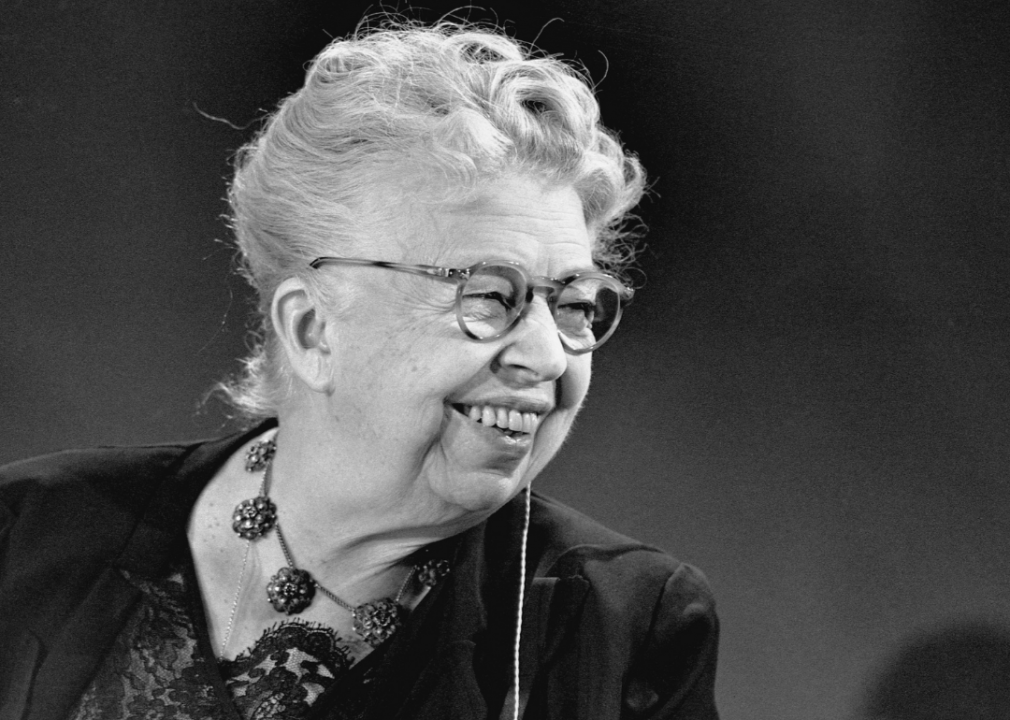
Bettmann // Getty Images
Answer #17
Answer: This well-known, oft-repeated quote comes of course from author, activist, and political leader Eleanor Roosevelt. While serving as the First Lady after the election of her husband, President Franklin Delano Roosevelt, she promoted the policies of the New Deal. After the president’s death, the First Lady went on to serve in the United Nations, spending much of her life working on issues around equality and human rights.

4 PM production // Shutterstock
Quote #18
Quote: “I've learned that people will forget what you said, people will forget what you did, but people will never forget how you made them feel.”
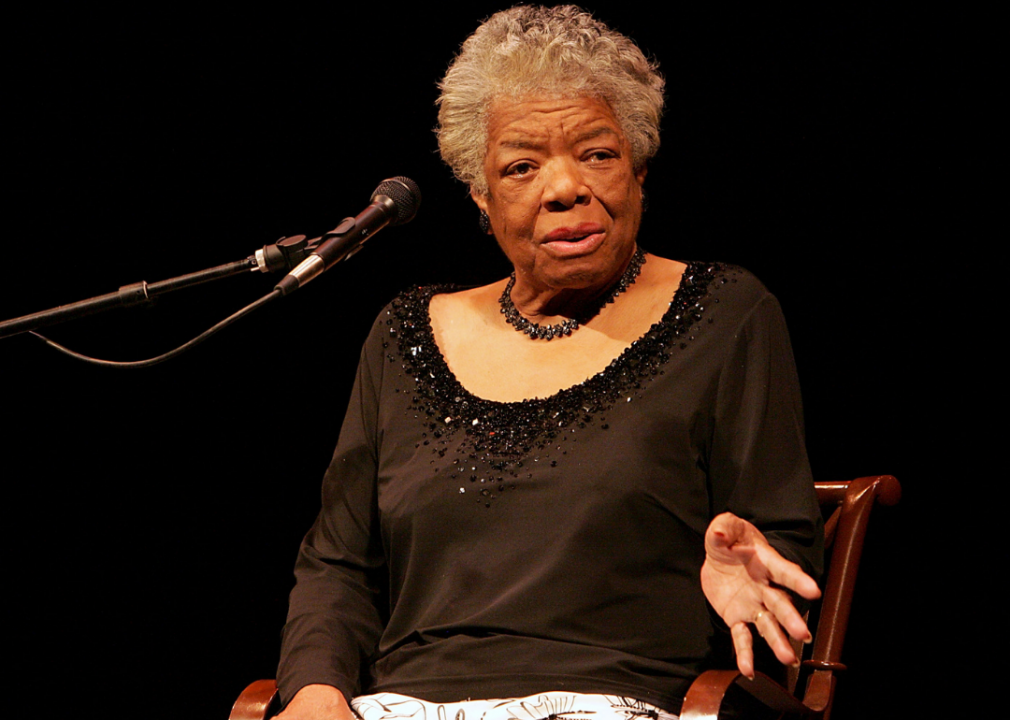
Gary Miller // Getty Images
Answer #18
Answer: Writer and civil rights activist Maya Angelou had a huge impact on American literature and culture. Her most famous book, “I Know Why the Caged Bird Sings,” is an autobiographical tale of her life and experiences growing up in the South and speaks to the effects of racial prejudice. Among many accomplishments, Angelou received the National Book Award and was nominated for a Pulitzer Prize.

Song_about_summer // Shutterstock
Quote #19
Quote: “Tell me, what is it you plan to do with your one wild and precious life?”
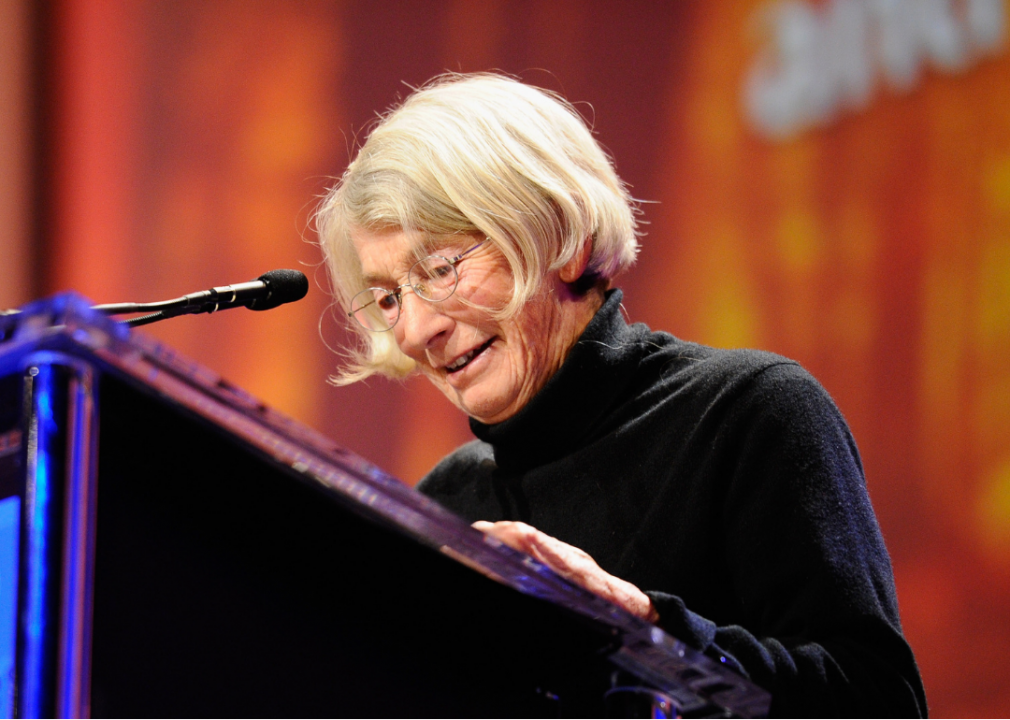
Kevork Djansezian // Getty Images
Answer #19
Answer: Mary Oliver spent her entire life not only writing but living her poetry. The above line from her poem, “The Summer Day,” is a clear window into how she worked to maintain, and acknowledge the presence of the remarkable. Born in Ohio, Oliver spent most of her later years on Cape Cod where she wrote at length about the natural beauty which surrounded her. Oliver died in 2019 at age 83.
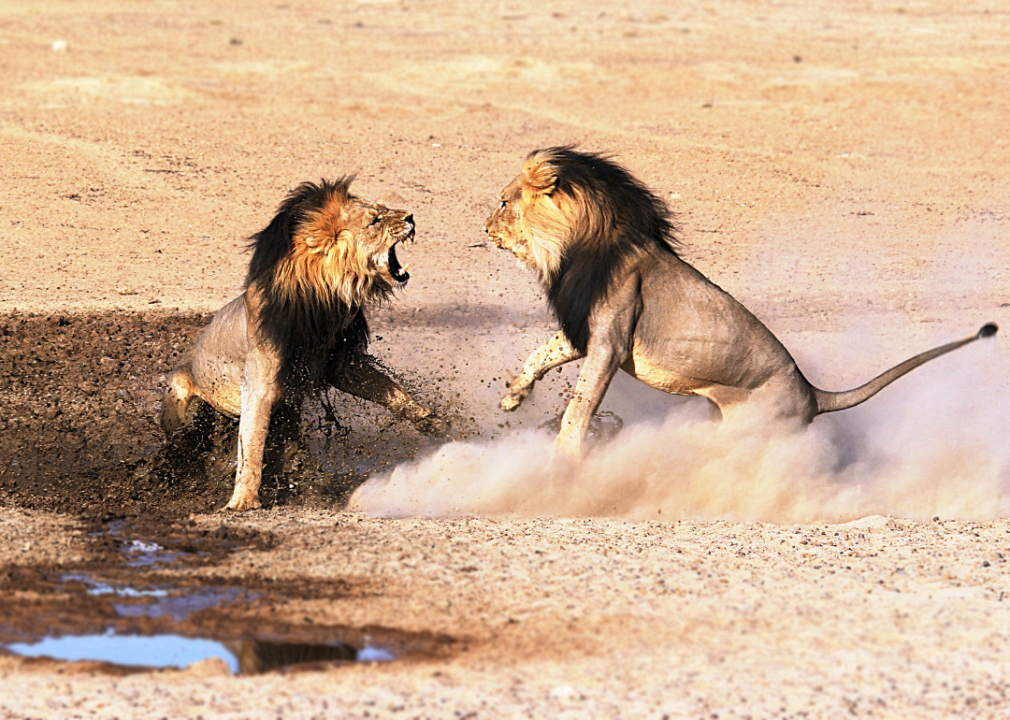
Hennie Briedenhann // Shutterstock
Quote #20
Quote: “Fighting for peace is like screwing for virginity.”
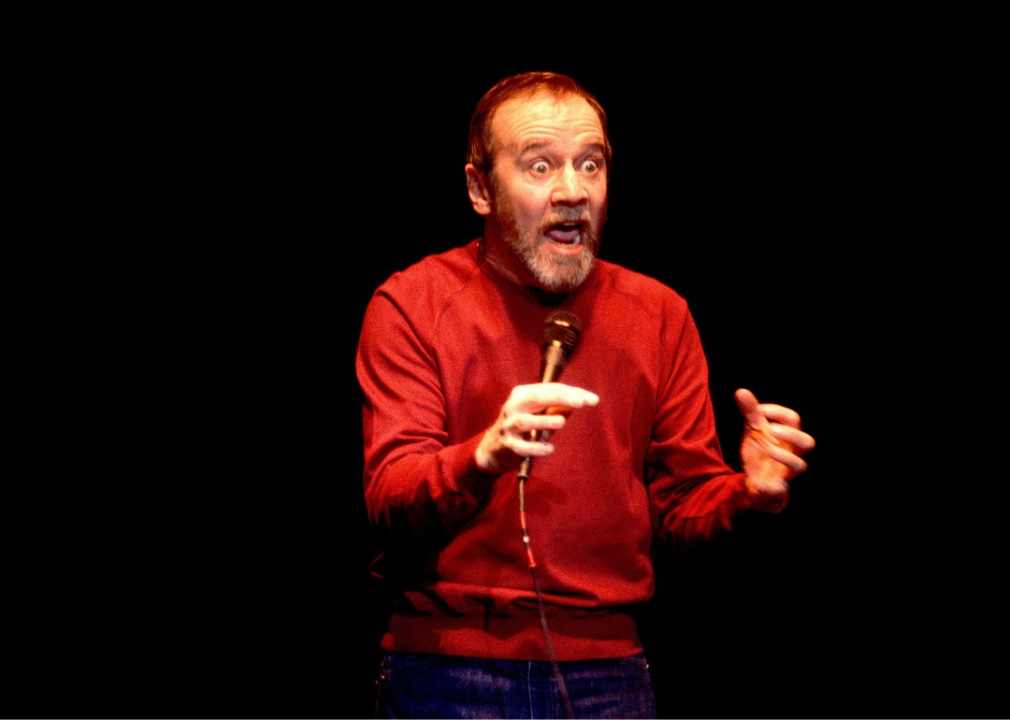
Paul Natkin // Getty Images
Answer #20
Answer: George Carlin said what people needed to hear in blunt, beautiful, and often highly inappropriate statements. Nevertheless, Carlin’s taboo humor and writing held deep wisdom that attracted countless fans. A critic of American systems, and just about every system, Carlin espoused his philosophies through comedic performances and a number of books.

fizkes // Shutterstock
Quote #21
Quote: “I mingle with my peers or no one, and since I have no peers, I mingle with no one.”
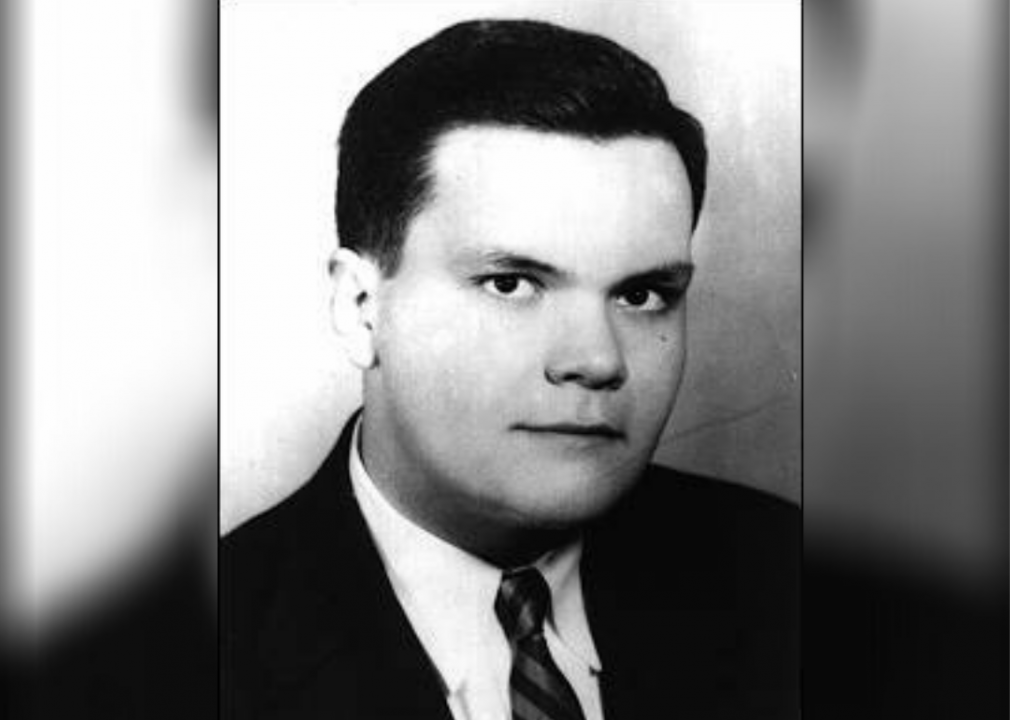
Unknown // Wikimedia Commons
Answer #21
Answer: John Kennedy Tool wrote two novels. The first, “The Neon Bible,” which he wrote at 16 and was a submission for a writing contest. The second, and most famous novel, “A Confederacy of Dunces,” described the absurd, despicable adventures of Ignatious Reilly and his life in New Orleans. It was discovered by his mother after his death by suicide in 1969 and published soon after. He was posthumously awarded literature’s top honour, the for fiction, in 1981.

Sushiman // Shutterstock
Quote #22
Quote: “We are homesick most for the places we have never known.”
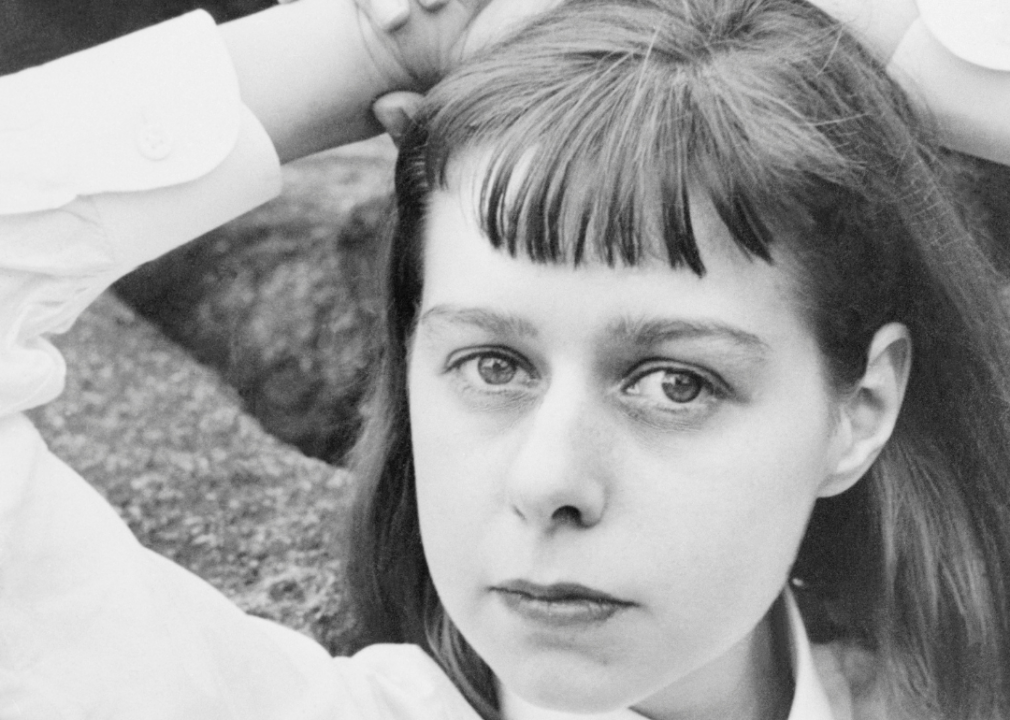
Bettmann // Getty Images
Answer #22
Answer: Carson McCullers helped define Southern gothic literature with her pivotal first novel “The Heart is a Lonely Hunter.” Written when she was only 23, the book received great acclaim soon after publication. She went on to write seven more books in her life. Her writing dealt with themes of gender fluidity well before the time that ideas like that were commonplace. Both her first novel and “Reflections in a Golden Eye” were turned into films. McCullers died in September 1967 after suffering from myriad health issues.

EKramar // Shutterstock
Quote #23
Quote: “The oldest and strongest emotion of mankind is fear, and the oldest and strongest kind of fear is fear of the unknown.”
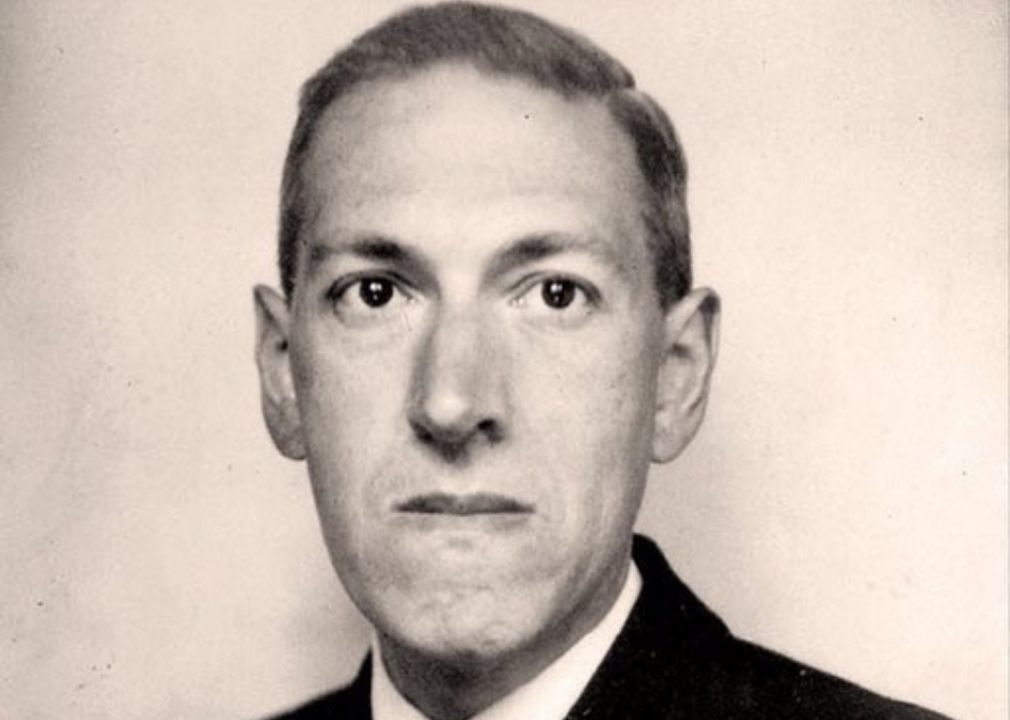
Lucian Bert Truesdale // Wikimedia Commons
Answer #23
Answer: Best known for his science fiction and fantasy stories, Howard Phillips (H.P.) Lovecraft created lasting themes that influence modern creative works to this day. His work dealt with the mythic, the dark, and the insane. Though his works appeared in magazines and journals during his lifetime, was not collected and published in books until after his death in 1937.

LightField Studios // Shutterstock
Quote #24
Quote: “One day I will find the right words, and they will be simple.”
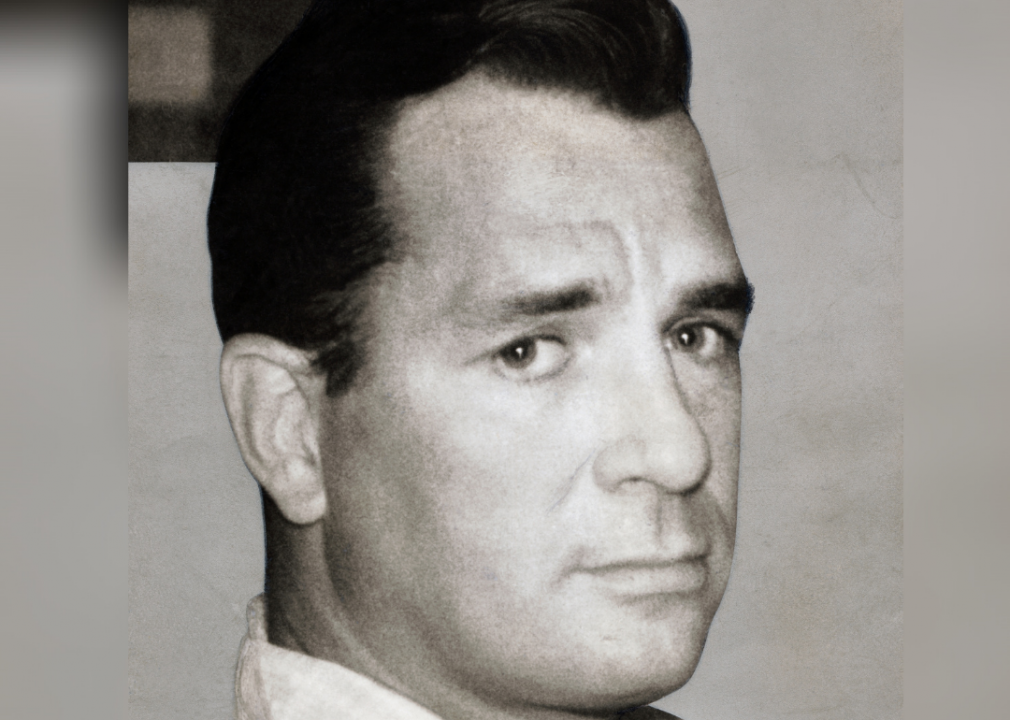
Bettmann // Getty Images
Answer #24
Answer: Jack Kerouac, Beat writer and author of one of the most quintessential traveller’s bibles, “On the Road,” had nearly given up on his writing career when he achieved commercial success with his first novel in 1957. His stream of consciousness style of writing, along with his tendency to ramble through his words the way he rambled through the American landscape, has been both criticized and praised since it’s creation. Kerouac was a student of Eastern philosophy and a lover of jazz.

Roman Samborskyi // Shutterstock
Quote #25
Quote: “Freedom begins between the ears.”
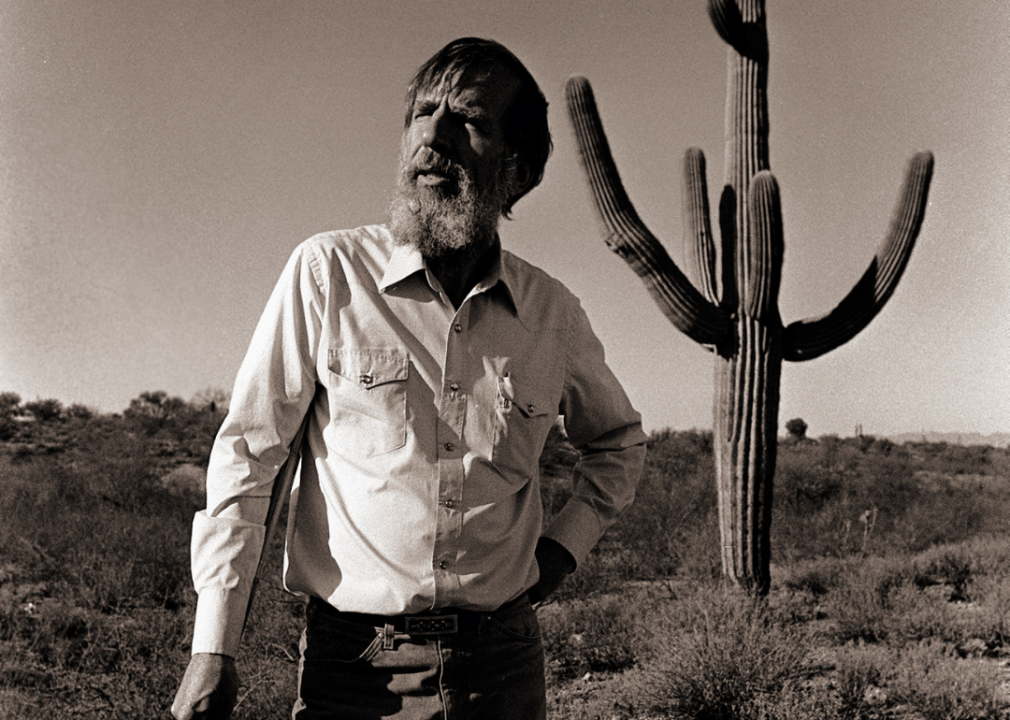
Kirk McKoy // Getty Images
Answer #25
Answer: Edward Abbey was an individual, a thinker, a philosopher, and an environmentalist who created the term “monkey-wrenching,” which was a practice of forcefully stopping the destruction of natural resources by damaging equipment. He was a self-proclaimed anarchist, and spent years in the desert working as a fire lookout for the National Parks Service. After his death in 1989, in a moment fitting with his autobiographical story, “Desert Solitaire,” Abbey was buried without a coffin in an unmarked space, dressed only in a sleeping bag.

Zolotarevs // Shutterstock
Quote #26
Quote: “The function of freedom is to free someone else.”
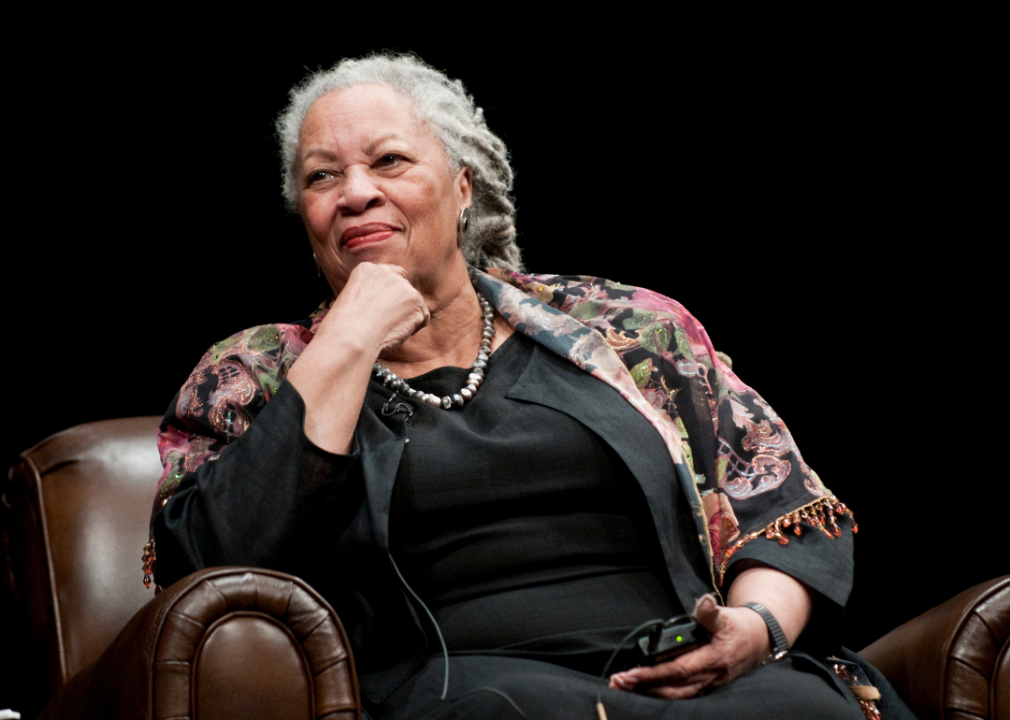
Daniel Boczarski // Getty Images
Answer #26
Answer: Toni Morrison left behind a legacy as a profound storyteller, and lived as an example of how artists could work to confront the status quo. In 1993, Morrison was the first African American woman to receive the coveted Nobel Prize in literature. Her body of work includes children’s books, novels, and essays.

Halfpoint // Shutterstock
Quote #27
Quote: “I would not have you descend into your own dream. I would have you be a conscious citizen of this terrible and beautiful world.”
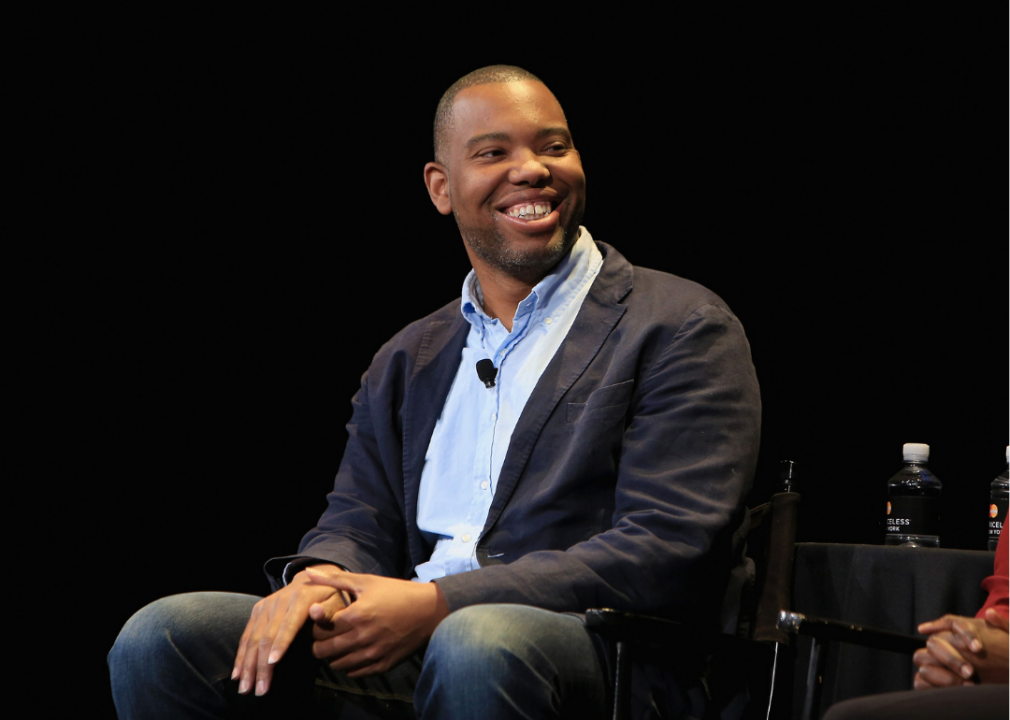
Anna Webber // Getty Images for The New Yorker
Answer #27
Answer: New York-based writer Ta-Nehisi Coates has achieved a number of awards and nominations for his bestselling book “Between the World and Me,” a story about how a father reckons with America’s racist history. Coates has written many books since, including most recently, his first novel “The Water Dancer.” Coates is the current writer of both the “Black Panther” and “Captain America” comic book series.

Jaromir Chalabala // Shutterstock
Quote #28
Quote: “The Edge... There is no honest way to explain it because the only people who really know where it is are the ones who have gone over.”
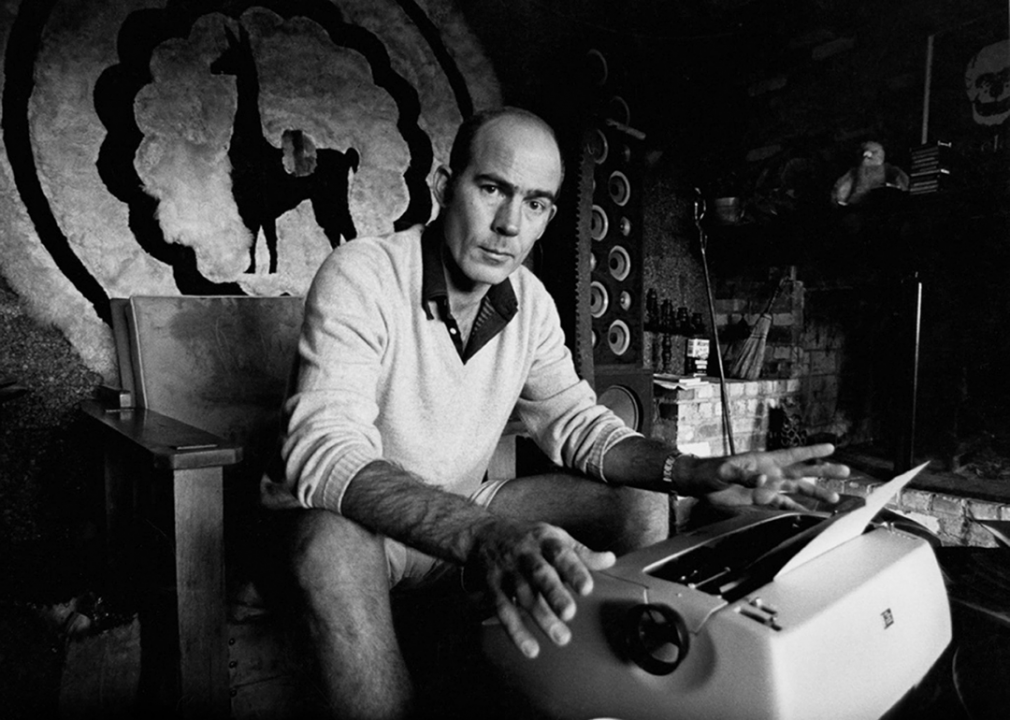
Michael Ochs Archives // GettyImages
Answer #28
Answer: Hunter S. Thompson defined what came to be known as , where the writers become lodged in the centre of the stories they are assigned to cover. His drug-addled work—and prolific attempt to cover a motorcycle race in the desert—led to the novel “Fear and Loathing in Las Vegas.” Thompson was a longtime writer for Rolling Stone magazine, ran for Sheriff of Aspen, Colorado, and covered the Hell’s Angels from the inside, among many of his wild and notable achievements.

fizkes // Shutterstock
Quote #29
Quote: “Ruin is a gift. Ruin is the road to transformation.”

Vallery Jean // Getty Images
Answer #29
Answer: Elizabeth Gilbert is best known for her novel “Eat, Pray, Love,” about her search for freedom and discovery after taking a year to live abroad and focus on herself. After the tremendous success of the book, Gilbert has written more on the subjects of magic and creativity, discussing how artists choose whether or not to follow their ideas and listen to inspiration. Her most recent novel is “City of Girls.”

WAYHOME studio // Shutterstock
Quote #30
Quote: “The practice of art isn’t to make a living. It’s to make your soul grow.”
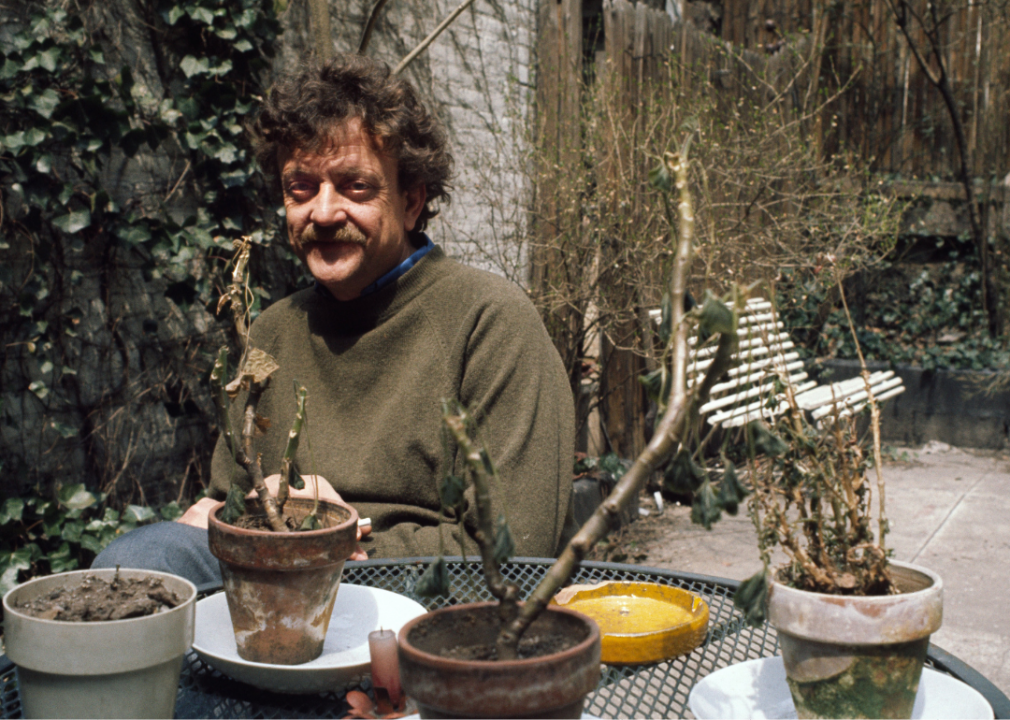
Santi Visalli // Getty Images
Answer #30
Answer: Kurt Vonnegut was born in Indiana, served in World War II, and . He was also a gifted writer. After the success of “Slaughterhouse-Five,” inspired by Vonnegut’s time in Dresden during the war, he no longer had to sell cars to feed his family and was vaulted into the lineage of great American writers. He was an avowed humanist and socialist, and retained those values throughout his life.

loreanto // Shutterstock
Quote #31
Quote: “In a time of deceit, telling the truth is a revolutionary act.”
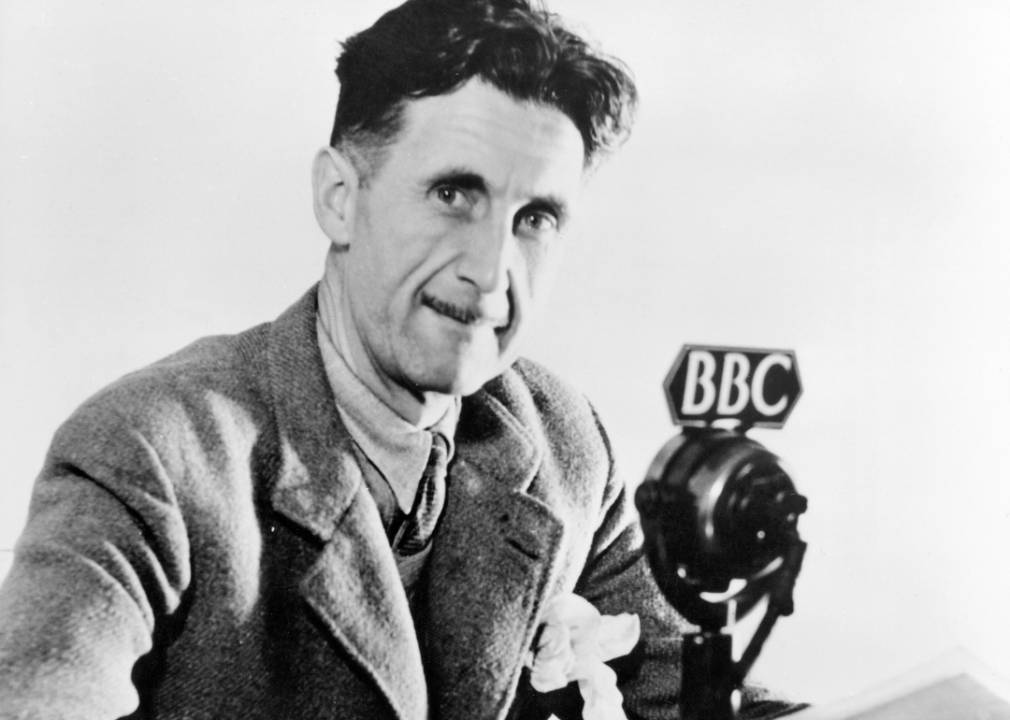
ullstein bild // Getty Images
Answer #31
Answer: George Orwell most notably wrote social commentaries through the lens of fiction. His two bestselling works, “1984” and “Animal Farm,” made him of the 20th century. Before his success in writing, Orwell worked for the Indian Imperial Police while living in Burma and wrote propaganda for the BBC. His influence on popular culture remains, especially as privacy issues erode, along with a fleeting sense of the existence of individual freedoms across the connected, modern world.

BONDART PHOTOGRAPHY // Shutterstock
Quote #32
Quote: “There is nothing to writing. All you do is sit down at a typewriter and bleed.”
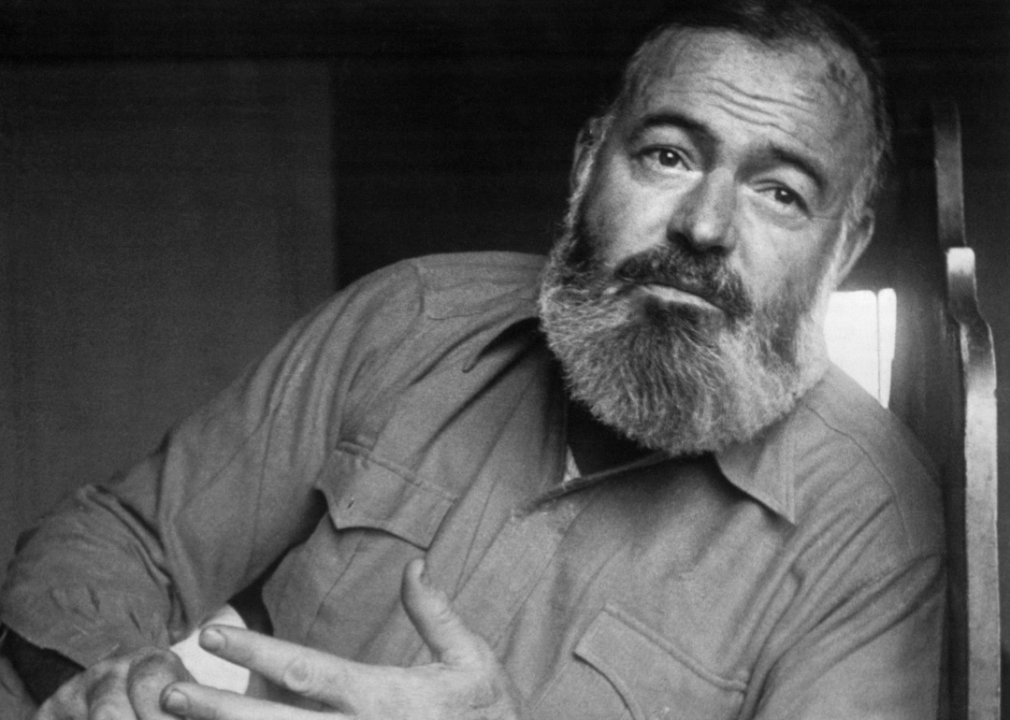
Bettmann // Getty Images
Answer #32
Answer: Ernest Hemingway was a who is best known for his fiction. “A Farewell to Arms,” Hemingway’s first novel, was based around his experiences as an ambulance driver on the Italian front during World War II. His adventures continued, as did his outsized life. Each experience led to beautifully written stories which earned him a Nobel Prize.

Goran Bogicevic // Shutterstock
Quote #33
Quote: “If it’s worth doing, it’s worth overdoing.”
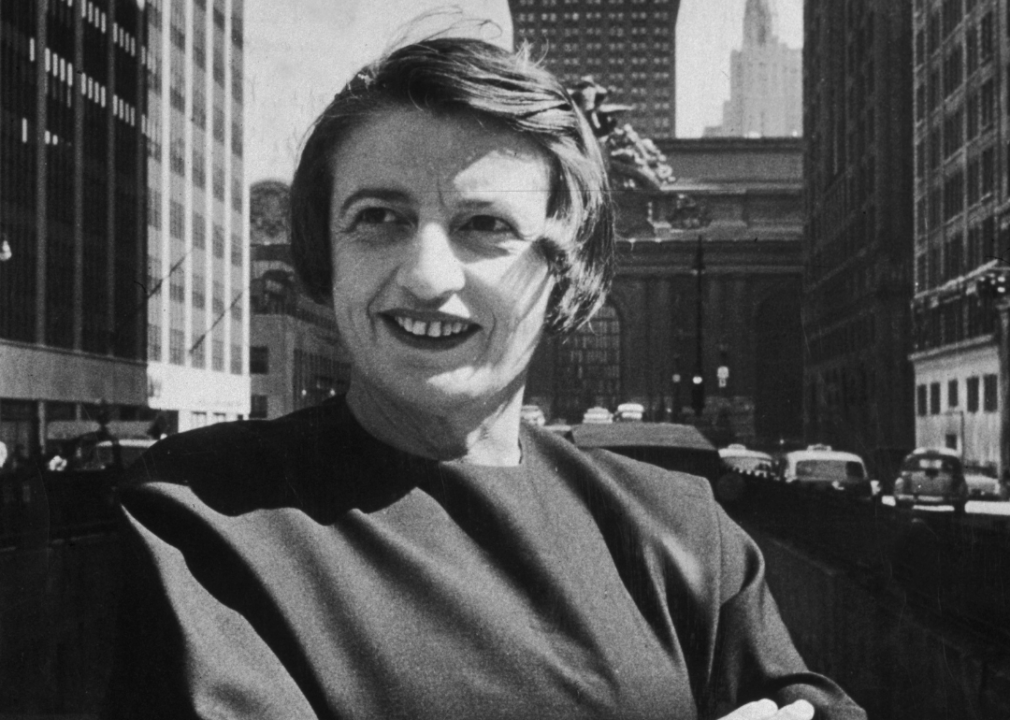
New York Times Co. // Getty Images
Answer #33
Answer: Ayn Rand immigrated to the United States from Russian in 1926. Soon after, she began her life in Hollywood, working at a film studio by day and writing at night. Rand’s works centred around individuals striving toward their own goals on their own, free of any influence or support. This philosophy, coined “objectivism,” has been used to support libertarian ideologies and small-government policies.

Mr.Norio // Shutterstock
Quote #34
Quote: “I have no money, no resources, no hopes. I am the happiest man alive.”
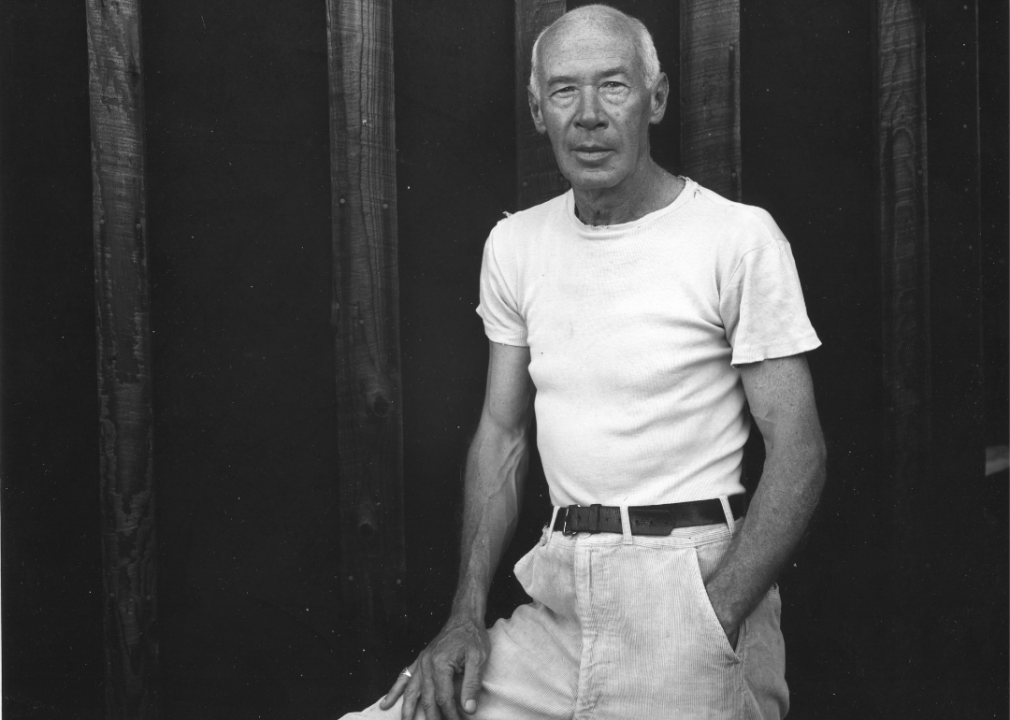
Anthony Barboza // Getty Images
Answer #34
Answer: Henry Miller was born in New York City, yet he did much of his writing in Paris. His novels were considered vulgar and obscene, as he wrote freely about sex, love, and his relationship with fellow writer Anaïs Nin. At the end of his life, Miller settled in Big Sur, California, where he compiled the short story collection “Stand Still Like the Hummingbird.” There remains today a memorial library in Big Sur that sells his work and hosts art and performances from other creators.

Jacob L. // Shutterstock
Quote #35
Quote: “The only way to support a revolution is to make your own.”
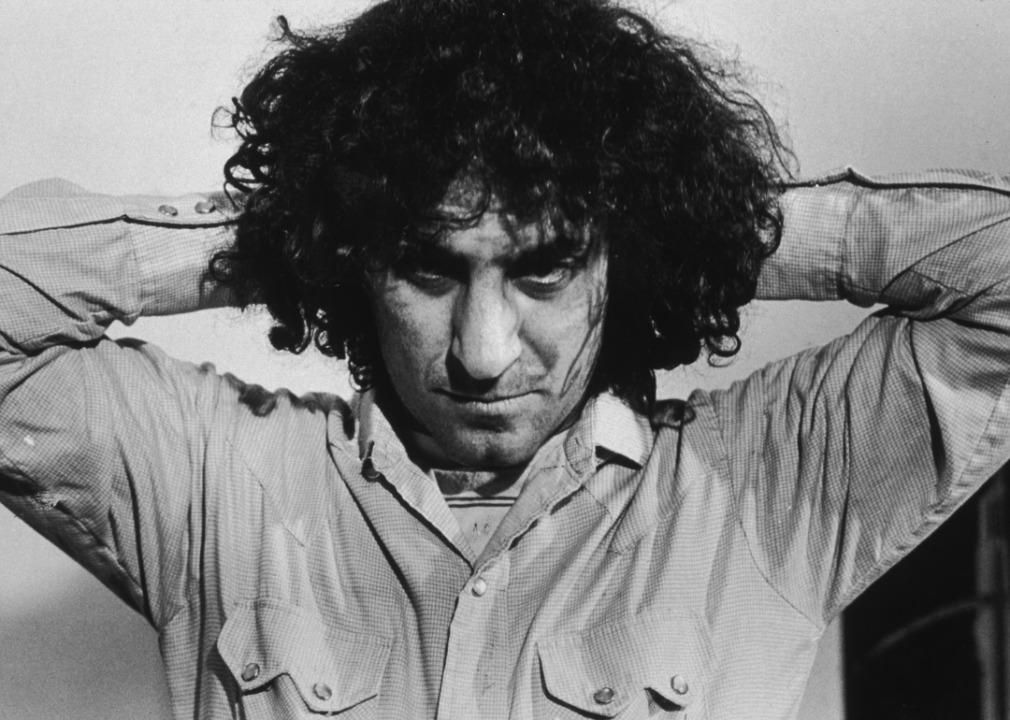
New York Times Co. // Getty Images
Answer #35
Answer: Political activist, writer, and anarchist, Abbie Hoffman wrote various essays, an autobiography, and the extremely popular “Steal This Book.” After , which might have been a setup, Hoffman went on the run from the police for a number of years. Even after undergoing plastic surgery to alter his appearance, Hoffman was eventually arrested again. He remained an activist and ardent leftist throughout his life.
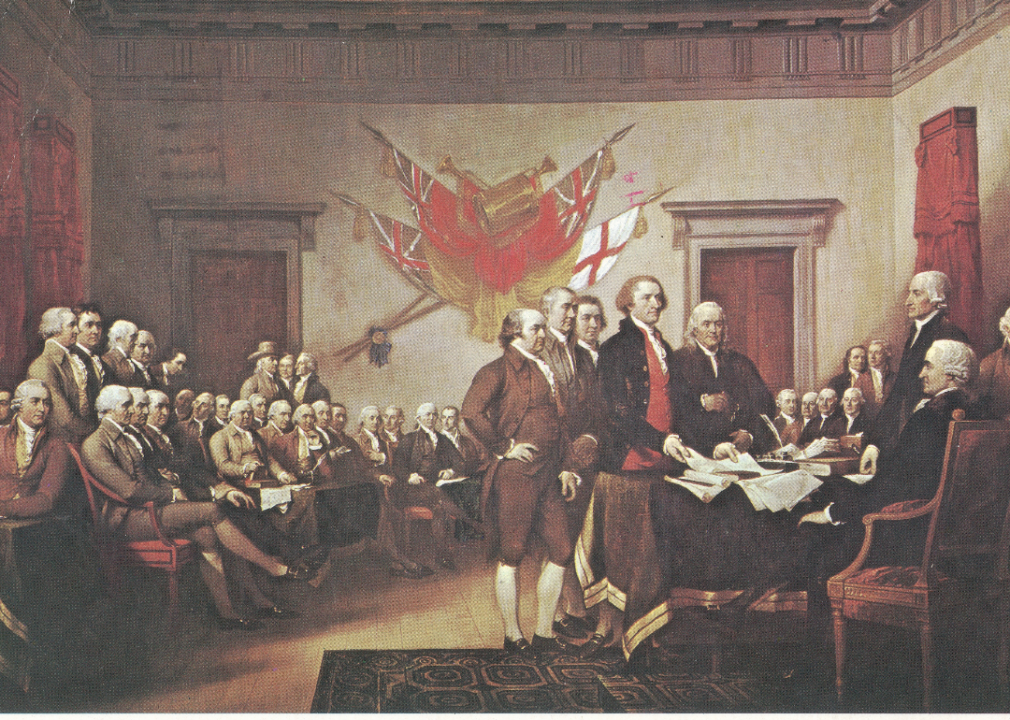
Hulton Archive // Getty Images
Quote #36
Quote: “If our Founding Fathers wanted us to care about the rest of the world, they wouldn't have declared their independence from it.”
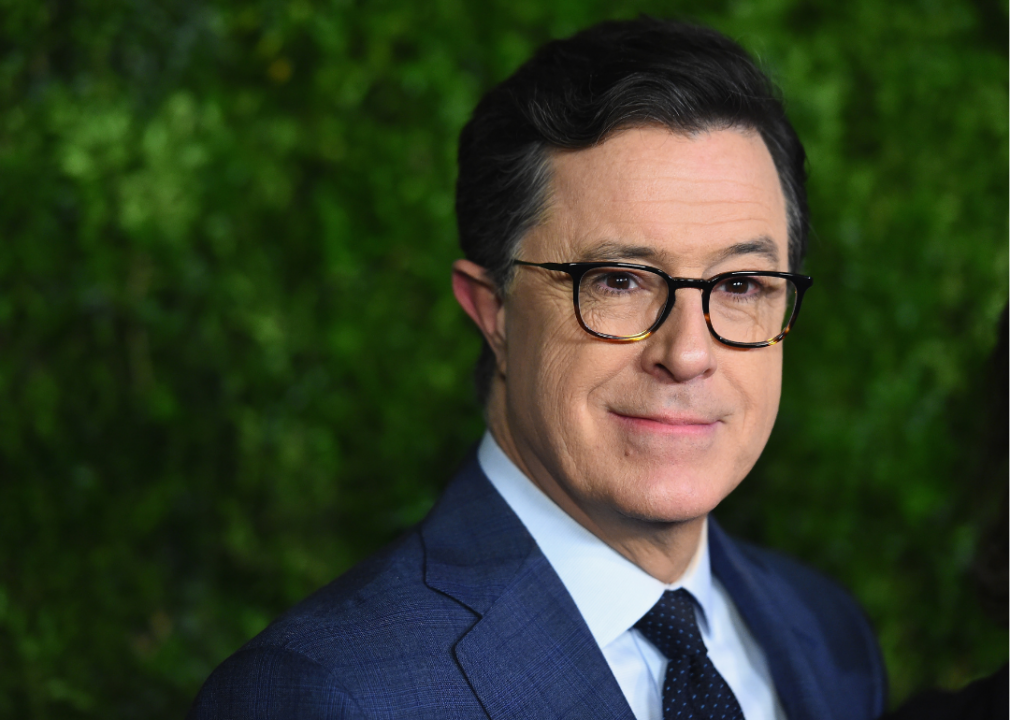
Nicholas Hunt // Getty Images
Answer #36
Answer: Actor, comedian, late-night host, and writer Stephen Colbert writes biting satire on American life. At the beginning of his career, Colbert wanted to be a serious actor; then he fell in love with , changing his career path entirely. In 2007, his satirical take on the country, “I Am America (And So Can You!),” hit the top spot on the New York Times bestseller list.

mimagephotography // Shutterstock
Quote #37
Quote: “There is nothing gutsier to me than a person announcing that their story is one that deserves to be told, especially if that person is a woman.”

Michael Buckner // Getty Images for SXSW
Answer #37
Answer: Lena Dunham is best known for her screenwriting and acting roles, but she’s written for various outlets and released , “Not That Kind of Girl: A Young Woman Tells You What She’s Learned,” in 2012. Dunham has been named one of Time magazine’s most influential people. She’s earned two Golden Globes and several Emmy nominations for her HBO show “Girls.”

lightwavemedia // Shutterstock
Quote #38
Quote: “I just looked at the pattern of my life, decided I didn't like it, and changed.”
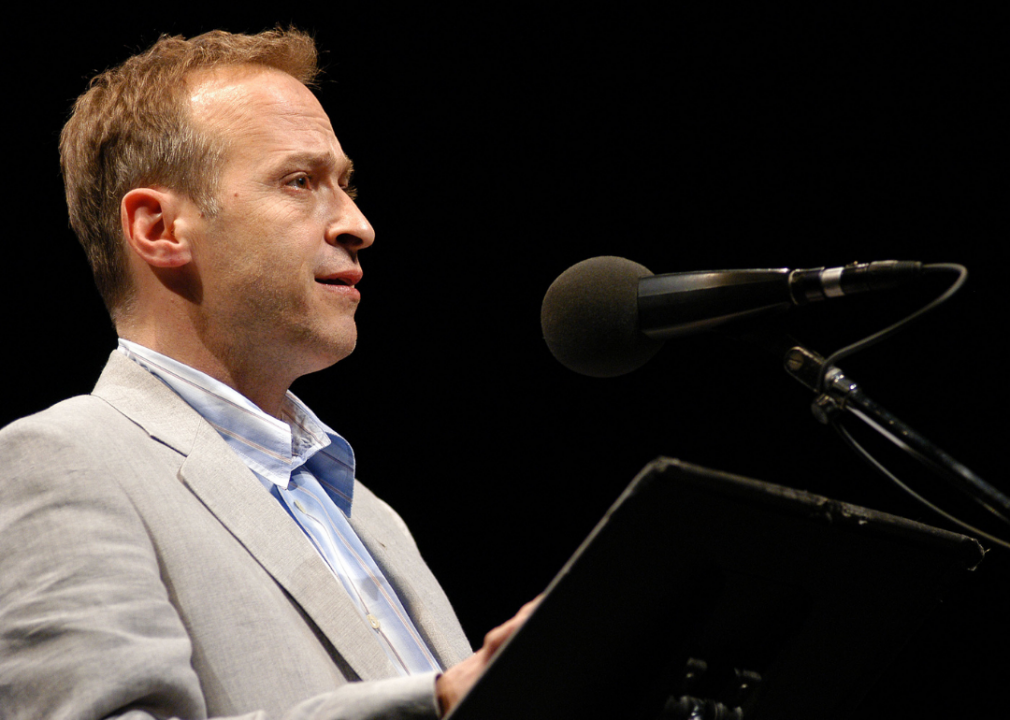
Bryan Bedder // Getty Images
Answer #38
Answer: David Sedaris is a humorist, radio performer, and writer. His books include “Me Talk Pretty One Day,” and “When You’re Engulfed in Flames.” Sedaris writes about his life, his family, and the world with a cynic’s humor and the softness of someone who is uncomfortably settled into the mixed bag that is human existence. Brought up in Raleigh, North Carolina, Sedaris lives in Paris with his partner.

Olena Serzhanova // Shutterstock
Quote #39
Quote: “Do not wait for the healing to arrive. It will never come. The holes will never leave or be filled with anything at all. But holes are interesting things.”
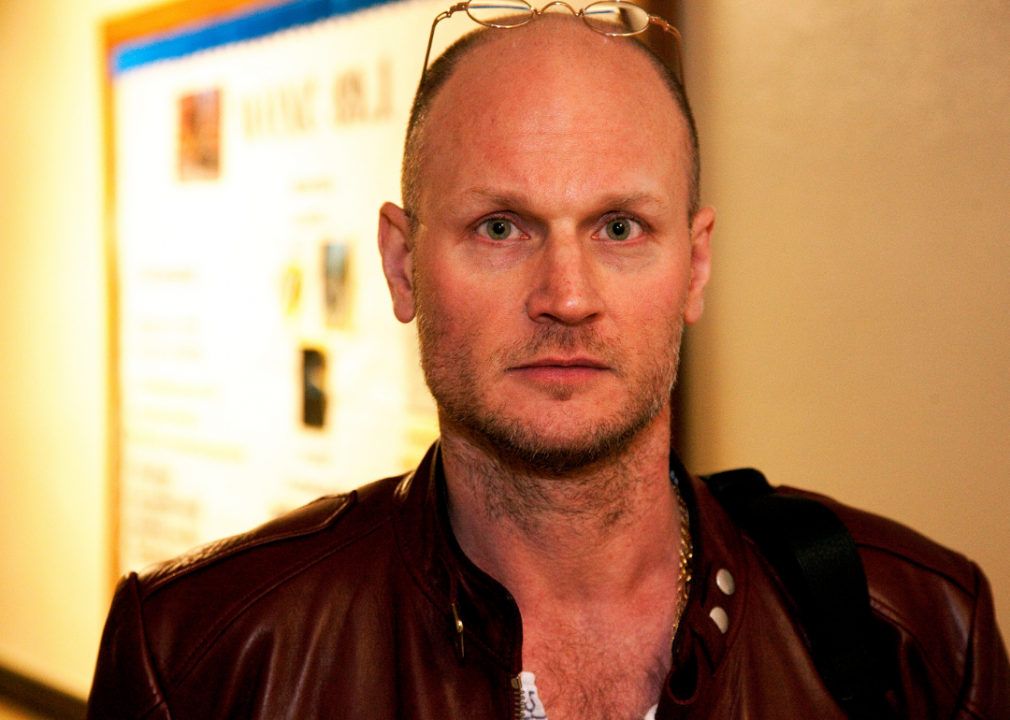
Michael Roman // Getty Images
Answer #39
Answer: Augusten Burroughs has no formal education in writing, but he managed to work for years as an advertising copywriter and, one day, felt compelled to write a novel, which he sat down and finished in seven days. His popular memoir about growing up amid dysfunction, “Running With Scissors,” remained on the New York Times bestseller list for four years. Burroughs also wrote the memoir “Dry” about his time in advertising and how he got sober.

Shutterstock
Quote #40
Quote: “Prejudice, a dirty word, and faith, a clean one, have something in common: They both begin where reason ends.”
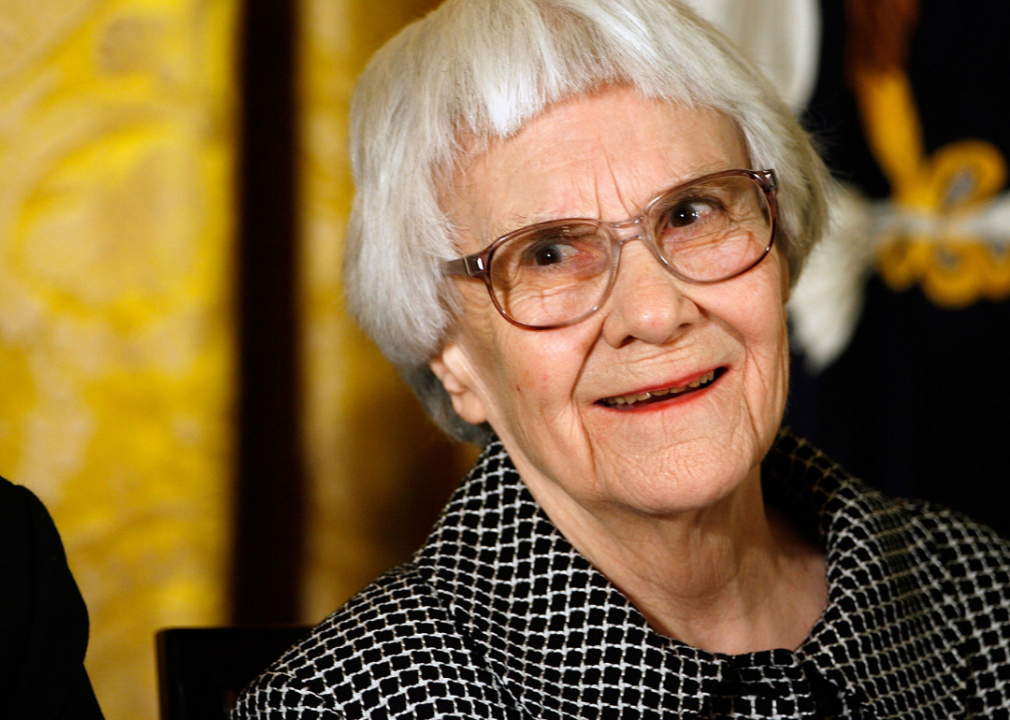
Chip Somodevilla // Getty Images
Answer #40
Answer: Harper Lee grew up a tomboy in Alabama, went to a girl’s college, and worked as a clerk before deciding to dive fully into her writing. Lee found herself an agent after writing some long stories; from there, her friends gifted her a year’s worth of wages in order to allow her to do nothing but write. In that year Lee completed "To Kill a Mockingbird," one of the most famous works in American literary history.

Syda Productions // Shutterstock
Quote #41
Quote: “I do not fear death. I had been dead for billions and billions of years before I was born, and had not suffered the slightest inconvenience from it.”
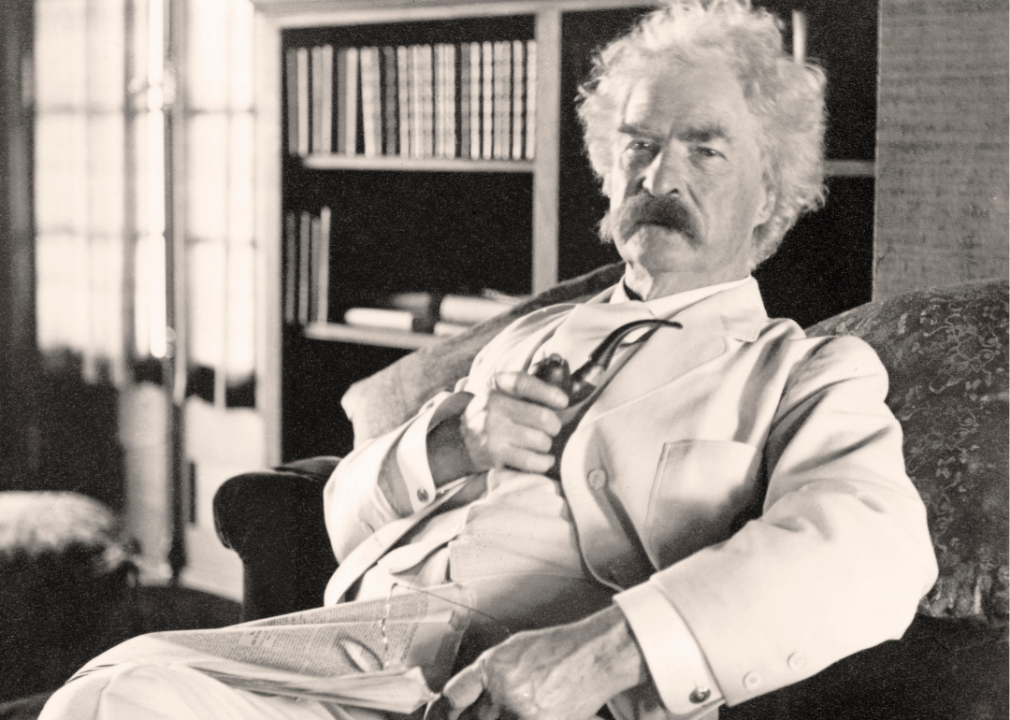
Universal History Archive // Getty Images
Answer #41
Answer: Samuel Clemens, better known by his pen name Mark Twain, was a humorist, essayist, and novelist who wrote about the journeys of Tom Sawyer and his good friend Huck Finn. Before succeeding as a novelist, was a master pilot on a Mississippi tugboat, and a journalist. Notoriously bad with money, he squandered his fortunes and eventually required the help of a friend in order to pay back his debts.

Undrey // Shutterstock
Quote #42
Quote: “If a story is in you, it has to come out.”
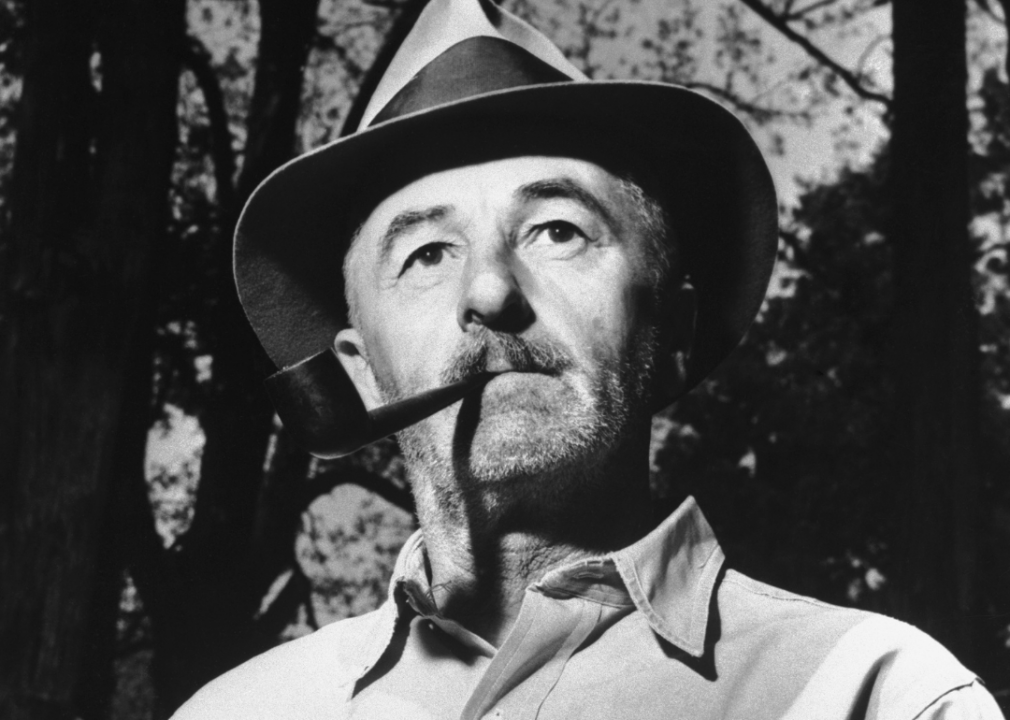
Bettmann // Getty Images
Answer #42
Answer: William is easily one of the most impactful writers in American history. His works included the novels “As I Lay Dying” and “The Sound and the Fury,” along with essays, poems, and screenplays. Born in Mississippi, The Nobel Prize-winner often wrote about his homeland, with many of his stories taking place in the South.

Africa Studio // Shutterstock
Quote #43
Quote: “All that you touch you change. All that you change changes you. The only lasting truth is change.”
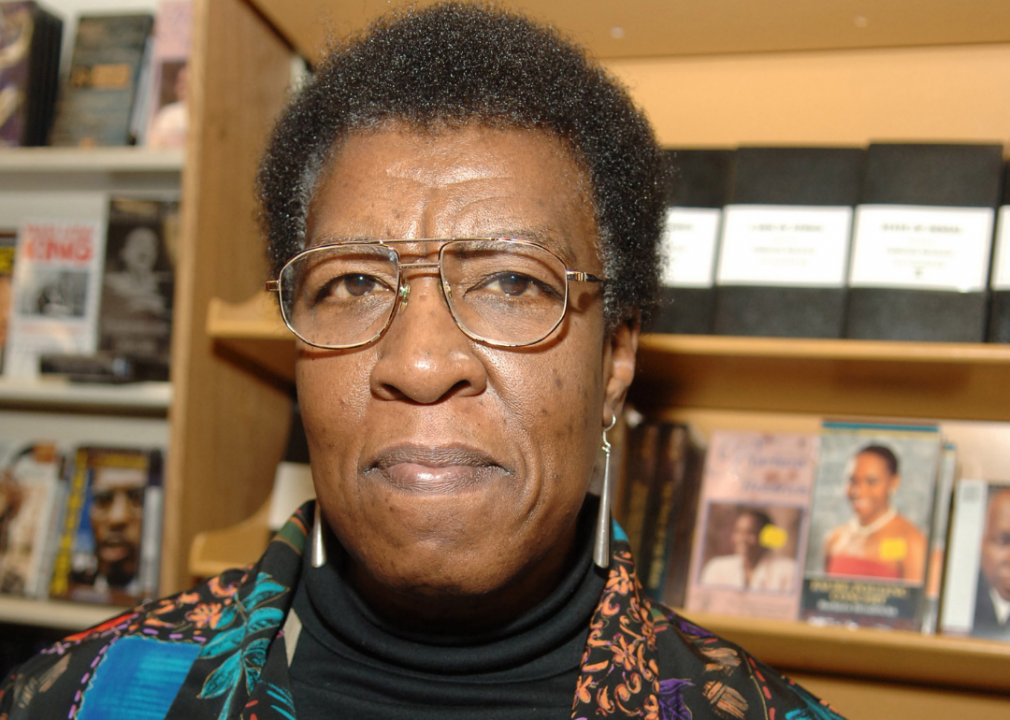
Malcolm Ali // Getty Images
Answer #43
Answer: Octavia Butler created fantasy worlds after growing up in a reality where she depended on her imagination for solace as a child. After being encouraged to pursue a science fiction writing workshop while attending community college, Butler began writing and selling her work. She was awarded a McArthur Genius award in 1995. Butler died of a stroke in February 2006 at 56.

fizkes // Shutterstock
Quote #44
Quote: “I don't care what anybody says about me as long as it isn’t true.”
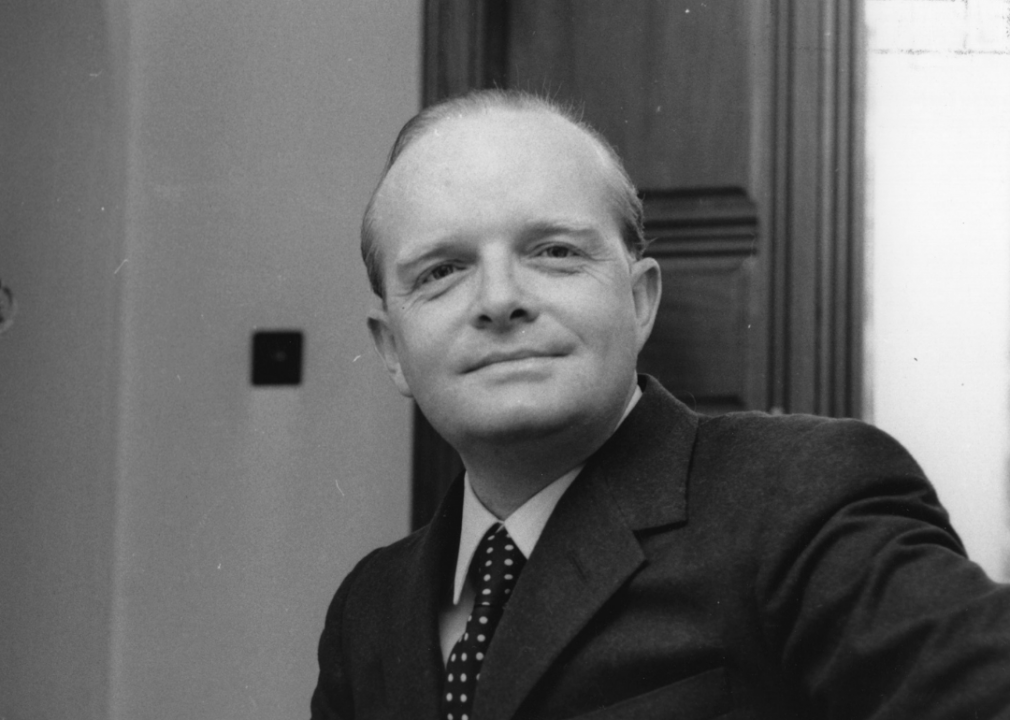
Evening Standard // Getty Images
Answer #44
Answer: Truman Capote was an influential American writer who wrote “Breakfast at Tiffany’s and Three Stories,” one of many works that later . Capote wrote fiction and non-fiction. “In Cold Blood” a story about a family murdered in Kansas, and the individuals arrested for the murder, became wildly successful.

Drazen Zigic // Shutterstock
Quote #45
Quote: “In this possibly terminal phase of human existence, democracy and freedom are more than just ideals to be valued—they may be essential to survival.”
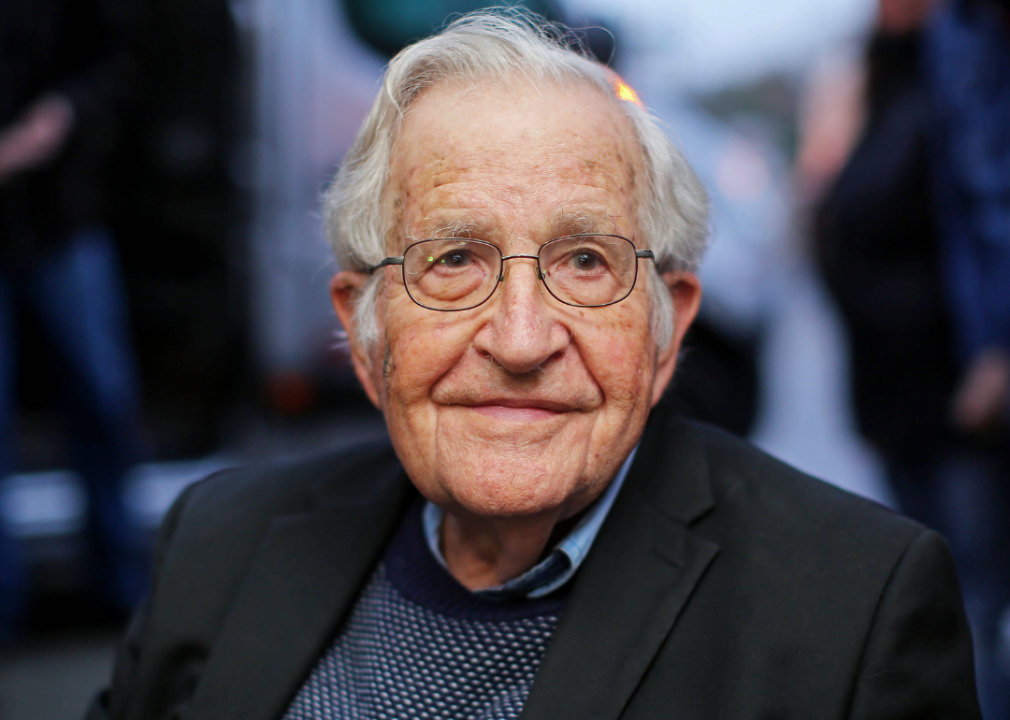
HEULER ANDREY // Getty Images
Answer #45
Answer: Noam Chomsky—one of the great American philosophers and writers alive today—writes at length about politics, psychology, and social issues. His political activism and critiques of behavioral psychology established him early in his career as an idealist who didn’t fear questioning established norms. His recent work has included discussions about the loss of freedoms in the globalized digital age.

Billion Photos // Shutterstock
Quote #46
Quote: “It takes a lot of time to be a genius. You have to sit around so much, doing nothing, really doing nothing.”
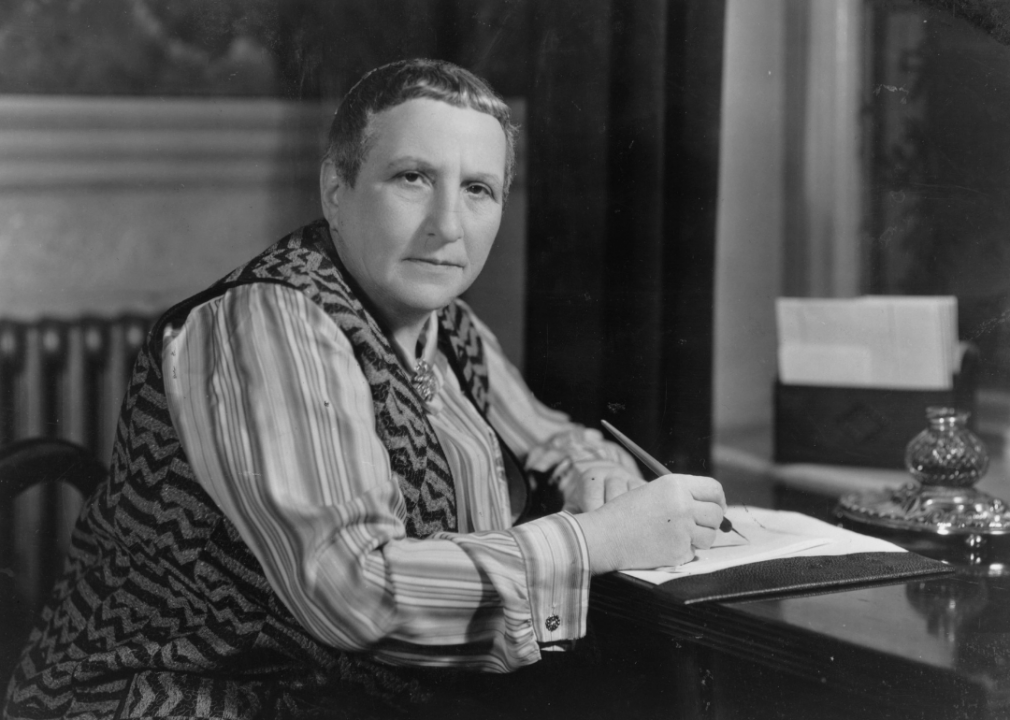
Hulton Archive // Getty Images
Answer #46
Answer: Pennsylvania-born writer Gertrude Stein spent most of her life in Paris where she wrote novels, plays, and poetry. Perhaps just as notable as the works she produced were the connections and conversations she fostered. Stein regularly in her apartment, with guests like Pablo Picasso, Ernest Hemingway, Henri Matisse, and F. Scott Fitzgerald often in attendance.

asife // Shutterstock
Quote #47
Quote: “There should be a place where only the things you want to happen, happen.”
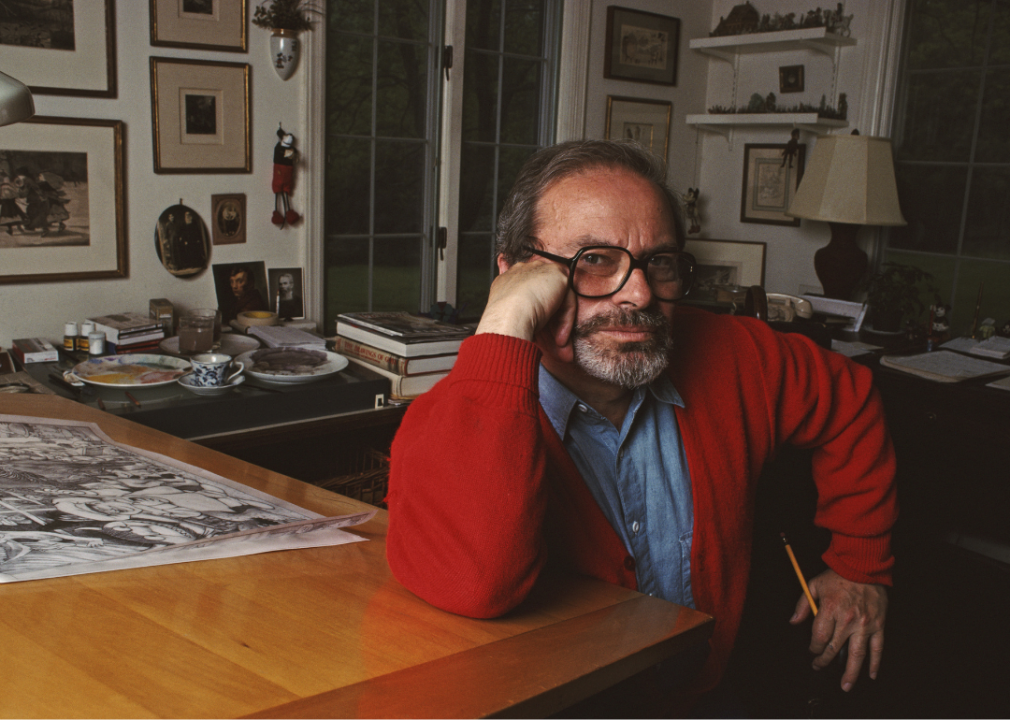
Barbara Alper // Getty Images
Answer #47
Answer: Beloved children’s book author and illustrator Maurice Sendak wrote the line above in his wildly popular book, “Where the Wild Things Are.” Born and raised in New York City, Sendak decided to become an illustrator at 12 after seeing the movie “Fantasia.” His portfolio also includes “In the Night Kitchen,” and “Alligators All Around,” among others.

interstid // Shutterstock
Quote #48
Quote: “It is better to fail in originality than to succeed in imitation.”
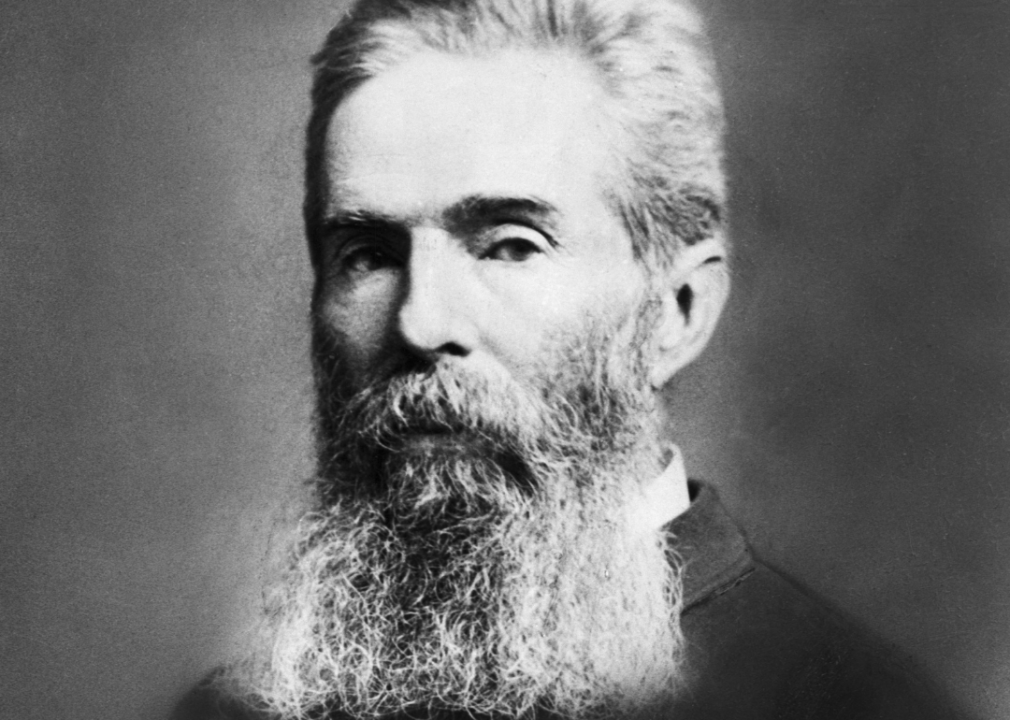
Bettmann // Getty Images
Answer #48
Answer: The now-famous author of “Moby-Dick, or The Whale,” Herman Melville never received much acclaim for his work while he was alive. It was the story of the great white whale, the one known by all today, which caused critics to disregard his work, contributing to his downfall as a writer. He continued to find work publishing short stories and travelling to give lectures.

wavebreakmedia // Shutterstock
Quote #49
Quote: “Don’t ever tell anybody anything. If you do, you start missing everybody.”
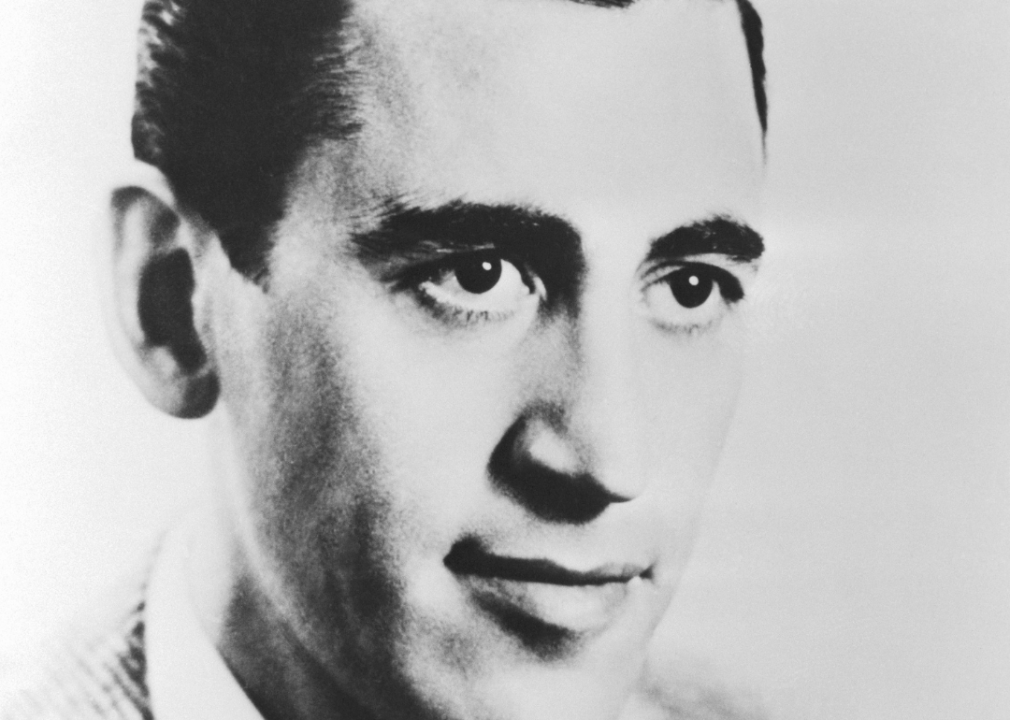
Bettmann // Getty Images
Answer #49
Answer: J.D. Salinger is best known for writing “Catcher in the Rye,” a novel centerng around the ever-curious, lost, and alienated Holden Caulfield. After the tremendous success of that book, Salinger became reclusive, staying away from the public eye while living in a small New Hampshire town. He published a few story collections after that but was never able to bring another novel to publication in his lifetime.

AboutLife // Shutterstock
Quote #50
Quote: “I have never listened to anyone who criticized my taste in space travel, sideshows or gorillas. When this occurs, I pack up my dinosaurs and leave the room.”
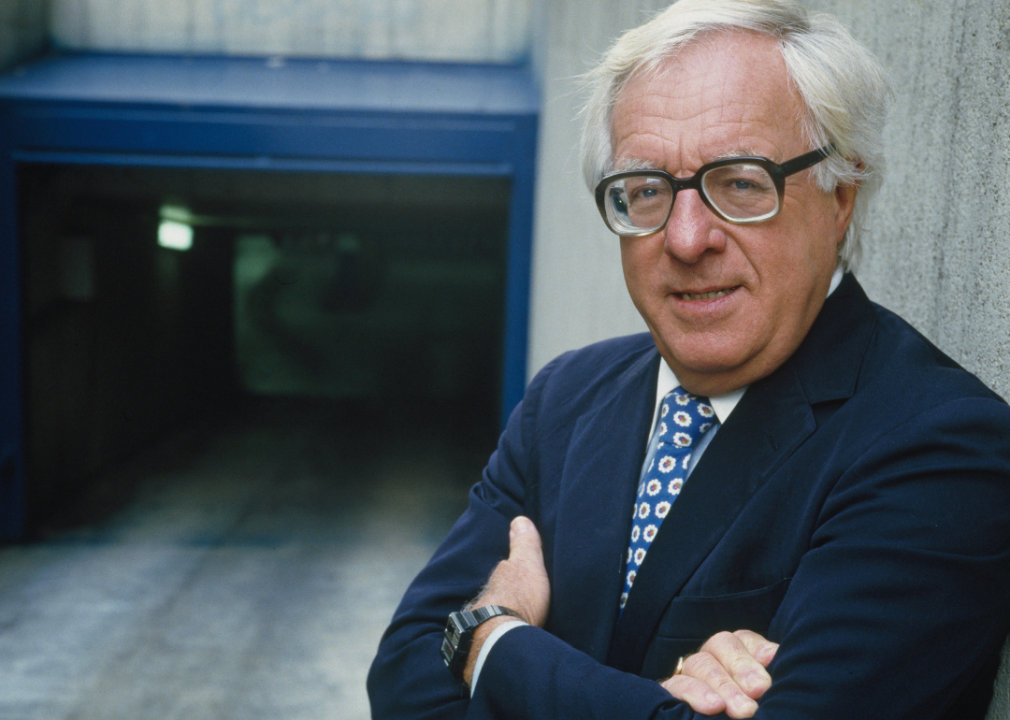
Sophie Bassouls // Getty Images
Answer #50
Answer: Ray Bradbury authored numerous books, including the science-fiction classics “The Martian Chronicles,” and “Fahrenheit 451,” the latter of which offers a window into a future world where the written word is banned. as well and received an Emmy award for “The Halloween Tree,” along with an Oscar nomination for an animated film titled, “Icarus Montgolfier Wright.” Awards for his writing include the Benjamin Franklin Award, the World Fantasy Award for Lifetime Achievement, and the O. Henry Memorial Award.





